No Results Found
The page you requested could not be found. Try refining your search, or use the navigation above to locate the post.

NIODA is offering alumni and friends of NIODA an exciting and valuable opportunity to explore online small group dynamics through participation in a small study group. Studying online small group dynamics is likely to be new to all, with the learning providing such an edge to the work we are all currently engaged in on virtual mediums. The study group method is that of the traditional Tavistock style study group method. In this, the participant group explore their own conscious and unconscious patterns of small group behaviour in the ‘here and now’ using group/system-level analysis. This design encourages in-depth ‘learning through experience’ as well as laying a theoretical foundation for understanding interpersonal group dynamics.
Through this experience, it is anticipated participants will increase their capacity to identify, analyse and manage online and onsite workgroup dynamics; to appreciate the emotional labour of work, and to enable constructive leader-follower relations.
The direct group experience is supplemented by critical discussion of selected theories and models of group dynamics.
Your learning will be supported with weekly readings.
Dr Wendy Harding will lead and manage the sessions, along with taking up the consultant role to the study group.
AUD $2,000 for eight live interactive online two-hour sessions
The study group will be fully interactive and online. The commitment is for eight, two-hour sessions on Monday evenings 3 – 5 pm (Melbourne time). The two hours will involve one hour of a traditional Group Relations style small study group and one hour of reflection, development of working hypotheses and links to work.
3 – 5 pm 🇨🇰 Melbourne
1 – 3 pm 🇸🇬 Singapore
6 – 8 am 🇬🇧 London
1 – 3 am (eek!) 🇺🇸 New York
Please note, there are time zone shifts during these sessions to daylight savings and wintertime, so the session times do vary. The time listed below is set to calculate the first start time depending on the time zone of your computer. The first session will start at:
Day(s)
:
Hour(s)
:
Minute(s)
:
Second(s)
CEO & Director of Academic Programs NIODA, Australia
Dr Wendy Harding is a senior practitioner in the Australian and global organisation dynamics field. Dr Harding is the current CEO and Director of Academic Programs at NIODA, having over 30 years’ experience in teaching, consulting, coaching, supervision and research. Across these years Wendy has undertaken many coaching, supervision, consultancy and action research projects in a broad span of organisational settings from large government departments to a variety of corporate and not-for-profit organisations. Organisational consulting projects have focussed on team and whole of organisation development and structural and cultural change, using a range of intervention methods. Individual coaching and supervision have been undertaken with a culturally diverse range of people working at all levels in organisations from executive level to direct service delivery.
Wendy’s coaching/supervision/consulting philosophy is based in strong beliefs in the capacity of people to be able to make change that supports their work. The role of a coach/supervisor/consultant is then to provide opportunity for shared reflection and consideration of the experience of undertaking the work in the organisation. In coaching and supervising deep reflection enables unblocking of obstructions to think, learn and action differently about the work. In organisational consulting what is enabled is the capacity to influence structure, culture and strategic processes, to thus add value to the organisation. Wendy’s practice involves the introduction of theory, method and technologies in support of these considerations, however, at its core is always about reflection and dialogue; about people working constructively together.
NIODA Small Study Group Series 2020: Eight two-hour live interactive online sessions with Dr Wendy Harding
Monday 2 August – 4 October 2021
3 – 5 pm 🇨🇰 Melbourne
1 – 3 pm 🇸🇬 Singapore
6 – 8 am 🇬🇧 London
1 – 3 am (eek!) 🇺🇸 New York
Please note there is a mid-session break on Monday 30 August
and no session on Monday 27 September
Due to changes in different countries for daylight savings, summertime, wintertime there will be variations. At the beginning of October, Melbourne changes to daylight savings time, so there is a variation of one hour for other time zones.
AUD $2,000 including; all eight two-hour session; study group, weekly readings, and critical discussions with limited participant numbers
Live interactive online sessions via Zoom
The National Institute of Organisation Dynamics Australia (NIODA) offers internationally renowned post-graduate education and research in organisation dynamics, and decades of experience consulting with Australian organisations.
The study of organisation dynamics brings together socio-technical and psychoanalytic disciplines to explore the unconscious dynamics that exist in every group, team or organisation. Learning more about these theories, and reflecting on the experience of them, can support leaders and managers to unlock great potential in their organisations, tackling issues through a whole new light.
PO box 287, Collins Street West,
Melbourne 8007 Australia
+61 414 529 867
info@nioda.org.au
This Get In Touch form is protected by reCAPTCHA and the Google Privacy Policy and Terms of Service apply.
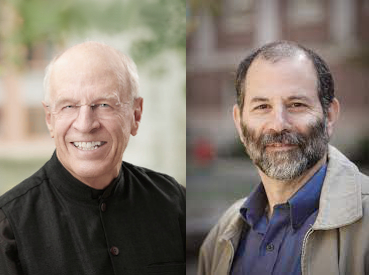
It has been 50 years since David Berg and Kenwyn Smith met as graduate students at Yale University! We are thrilled they are to share some reflections on their seminal text Paradoxes of Group Life, how it was ahead of its time when first published (1987), the impact it had on them and you and your work and organisation, what have/haven’t changed since then, and what is of most significance for them today.
AUD $35 for this live interactive online two-hour session
Friday 13 August 7.30 – 9.30 am 🇨🇰 Melbourne
Thursday 12 August 5.30 – 7.30 pm 🇺🇸 New York
Thursday 12 August 10.30 pm – 12.30 am 🇬🇧 London
Friday 13 August 5.30 – 7.30 am 🇸🇬 Singapore
Please note this is in Melbourne, Australia time. The time listed below is set to calculate the first start time depending on the time zone of your computer. The first session will start at:
Day(s)
:
Hour(s)
:
Minute(s)
:
Second(s)

Paradoxes over pancakes with Smith and Berg
Thursday 12 / Friday 13 August 2021
Friday 13 August 7.30 – 9.30 am 🇨🇰 Melbourne
Thursday 12 August 5.30 – 7.30 pm 🇺🇸 New York
Thursday 12 August 10.30 pm – 12.30 am 🇬🇧 London
Friday 13 August 5.30 – 7.30 am 🇸🇬 Singapore
AUD $35 two-hour seminar including
the presentation, small group and plenary discussions
Live interactive online session via Zoom
The National Institute of Organisation Dynamics Australia (NIODA) offers internationally renowned post-graduate education and research in organisation dynamics, and decades of experience consulting with Australian organisations.
The study of organisation dynamics brings together socio-technical and psychoanalytic disciplines to explore the unconscious dynamics that exist in every group, team or organisation. Learning more about these theories, and reflecting on the experience of them, can support leaders and managers to unlock great potential in their organisations, tackling issues through a whole new light.
PO box 287, Collins Street West,
Melbourne 8007 Australia
+61 414 529 867
info@nioda.org.au
This Get In Touch form is protected by reCAPTCHA and the Google Privacy Policy and Terms of Service apply.
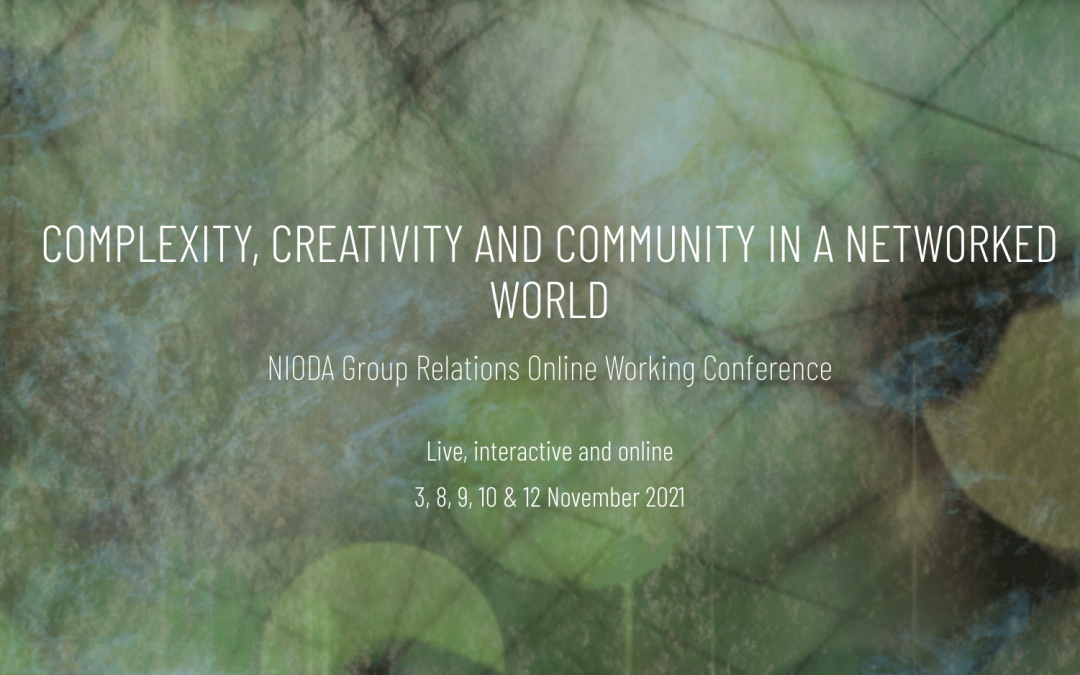
This group relations conference invites us to discover our creative capacity in an online working environment. It also seeks to understand a particular challenge of remote or hybrid work; to find and create online places, where we can connect with others to build a sense of community within and alongside our work organisations.
We live in a complex, uncertain and rapidly changing world which requires each of us to think creatively and innovatively about how to adapt to changing conditions. The pandemic provides ample evidence of this capacity: such as when working arrangements pivoted from school and office to home; the resurgence of local communities that provided support during social distancing; and the emergence of virtual orchestras and choirs.
For many of us, the impact of the pandemic has both opened and closed our world. By this we mean that the restrictions in place to minimise the spread of the pandemic have meant that many have moved to working from home, and simultaneously many events that were previously held ‘in the room’ have shifted online. In other words, we can undertake work, attend events and connect with others, both local and global, without leaving home. This ever-present connectivity invites an exploration of separation and togetherness; how it influences the way in which individuals engage with others; and, how communities form, develop and interact under such conditions. If the paradox of being and not-being together can be held in a good-enough way, the online or hybrid work environment may become a crucible for creativity.
The theme of the conference, Complexity, Creativity and Community in a Networked World, seeks to explore these challenges of hybrid and remote working. We invite you to join us in creating places within this conference to experience and make sense of group and social dynamics in a networked world.
Infinte stretches
Indigo shifts to lighter blue
Then darker hues emerge.
The Milky Way stretches southeast to northwest
As evening brings the world to rest
And in my place, I feel most blessed
Beneath the Southern Cross
And how I wish that all on earth
Might feel a place of peace and worth
Amidst the pain that life can bring
To find a place where souls can sing.
Susan Long
A group relations conference is not like conventional conferences, in that there are no keynote speakers, paper or poster presentations. The conference is conceived of as a temporary organisation, where members can learn from experience about how authority is taken up and experienced, and how leadership is exercised as they undertake activities related to the purpose and primary task of the conference.
You will not be ‘given’ concepts such as complexity, creativity and community, instead you will be invited to experience and make sense of these concepts in real time: emotionally, motivationally and cognitively.
Learning opportunities might include an exploration of questions such as:
How do we locate ourselves in online places?
How might we connect with others to build a sense of community within and alongside our work organisations?
How might creative practices (whether through words, images, or music) enable new ways of thinking?
How do creative practices sit alongside habitual practices?
The conference is for all those interested in understanding more about group and organisational dynamics, particularly in relation to the theme of the conference*. This includes managers, organisational consultants, researchers, scholars, board members, workers, professionals, students and interested others.
Participants will receive a Certificate of Completion from NIODA following the conference.
* We advise applicants who are undergoing significant personal stress to postpone attendance, as Group Relations Conferences can, at times, be an intensive emotional experience.
The purpose of the conference is to provide an opportunity to study the ways in which we find and create a sense of community in an online environment.
Conference staff and members will work on the primary task of the conference, which is to provide opportunities to discover creative potential as we study the emergence of community in this temporary organisation.
The conference is underpinned by group relations theory which focuses our attention on leadership, authority, task, and the regulation of organisational boundaries, as well as a complexity perspective which directs our attention to self-organising processes and networks of social, emotional, psychological, and political relationships. These two conceptual bases will enable us to explore how we take up roles and experience communities at work in this temporary organisation, and to experiment with ways of enabling creativity to emerge and flourish.
Primary task. As well as the conference primary task, each event in the conference will have a primary task. This enables an exploration of how tasks are taken up across the temporary organisation.
Role. Instead of focusing solely on a person, in group relations the focus is on a person-in-their-role. Role is where a person, the organisation, its purpose, and its context come together to create an experience that is unique to a person in their role. This enables an inquiry into the formal or informal role a person is taking up at a particular time.
Authority. In an organisation, authority is the right to make decisions which are binding on others. Authority can come from above (formal authority), from below or around (endorsed authority) and from within (personal authority).
Place. In this online conference, we consider the online meeting room as a place in potentiality, in that it will become a place on the arrival of people who have experiences and create meaning there.
Group dynamics. The study of conscious and unconscious group dynamics is enabled through an iterative cycle of acting, observing and reflecting on how people take up roles in groups and organisations.
Complexity. Complexity describes the behaviour of a system or environment that comprises many parts which interact with each in multiple ways. Complex environments require adaptive capacity to moderate and respond to competing and fast-changing demands on an organisation.
Creativity. Creativity is the way in which seemingly disparate, chaotic elements accumulate around a selected fact, giving new meaning to both the chaotic elements and the fact selected.
Community. Communities emerge as self-organising members who are ‘distinct-from’ each other and reach a coherence of unity in being ‘together-with’ each other. We can think of members of communities as citizens with equal rights, who interact and affect each other in a reciprocal way.
The conference comprises a series of events which are designed to enable an exploration of the conference primary task, to discover creative potential as we study the emergence of community in this temporary organisation.
Plenary discussions – for the conference as-a-whole as well as for specific events
Study groups – experiential ‘here and now’ events to enable the study of conscious and unconscious group dynamics
Review Groups – reflective ‘there and then’ events for members to reflect on their experience of taking up roles in the conference
Social Dreaming – the practice of sharing, associating to and linking dreams in a matrix in order to identify organisational trends and social dynamics through the associative unconscious.
Community Event – offers members an experience of self-organising, to develop our understanding of how communities form, develop and are sustained; and, to study the relatedness of community to other forms of organisation in an online setting.
Application Groups – for members to consider how they might apply their learning as they transition out of the conference and back to their workplaces and community lives.

Nuala is a consultant, academic and artist, with a keen interest in the integration of art-based and systems psychodynamic approaches. She has worked in the field of leadership and management for over 15 years, supporting individuals and organisations to achieve their developmental goals. Her PhD research into the experience of a hybrid team, working at the intersection of face-to-face and online, places Nuala at the forefront of thinking about the opportunities and challenges for COVID-normal workplaces. Nuala works independently and is an Associate Faculty with NIODA. She has been on the staff of multiple group relations conferences and is a member of GRA and ISPSO.
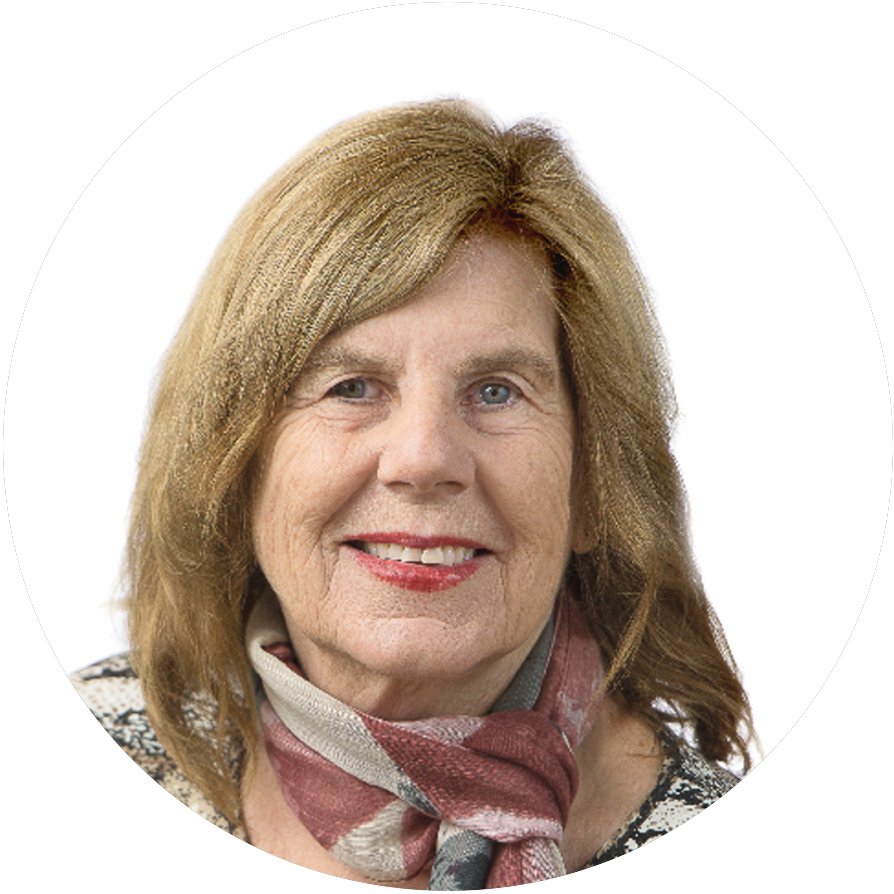
Susan Long is a Melbourne based organisational consultant and executive coach. She has consulted to organisational change in the health and justice sectors and coached senior executives across many sectors. She also works as a supervisor and coach for organisational development professionals in Australia and Singapore. Susan has published ten books and many articles in books and scholarly journals, is the General Editor of the journal Socioanalysis and Associate Editor with Organisational and Social Dynamics. She has over 35 years of experience with Group Relations, was the inaugural President of GRA, and a past president of ISPSO.
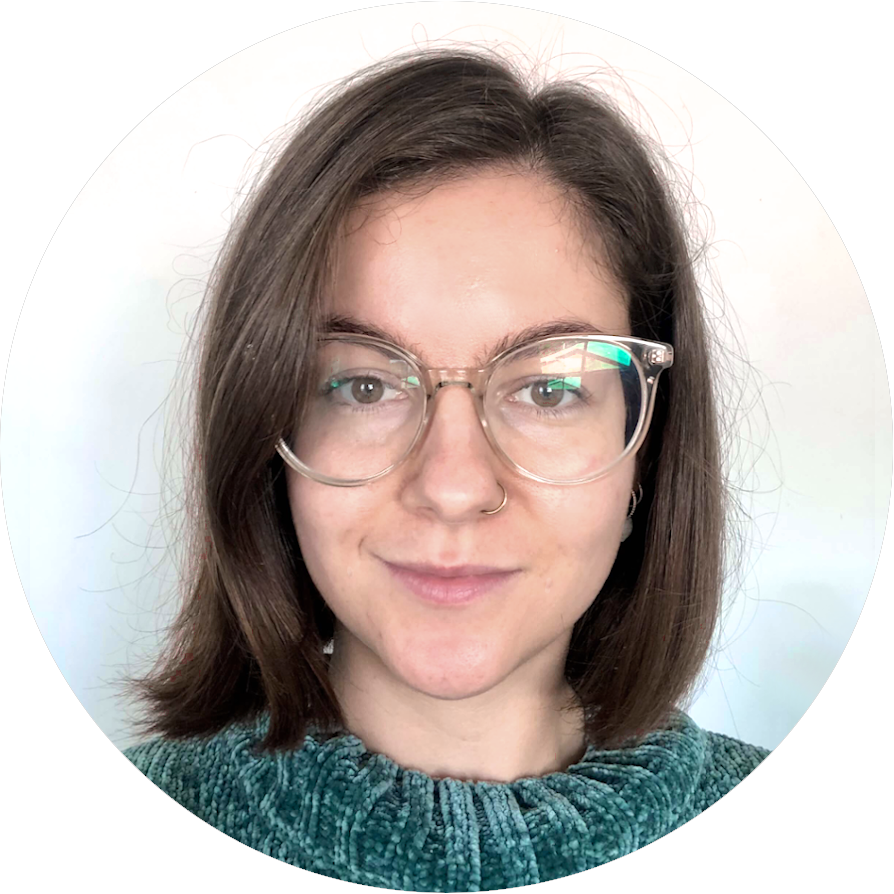
Ellie Robinson is a Western Australian based marketing professional, with a background in service and NFP marketing. In her current role, as Marketing and Administration Coordinator at NIODA, is responsible for student communications and NIODA’s key marketing strategies. She has a special interest in building connections with unique people across the globe through travel.
Consultants to the events in the conference will be drawn from the Executive Directorate and a team of consultants that includes the following people:
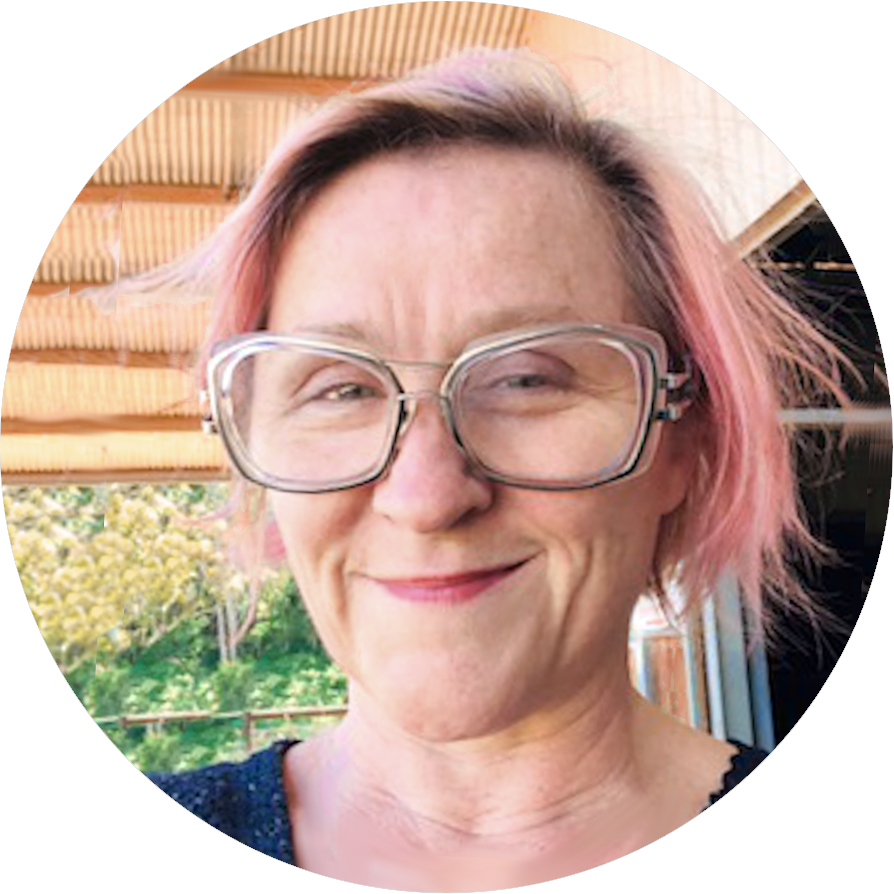
Cath worked as a prison Chaplain with Women for the past four years, and has recently taken up a role with the University of Divinity coordinating and co-teaching the graduate awards in professional supervision. She did her PhD work in the area of disappointment and the lived experience of lack, and lives in Daylesford with her family and a host of other sentient beings. She loves the earth, growing food and enjoys the capacity we have to see and be seen, hear and be heard and love and be loved.
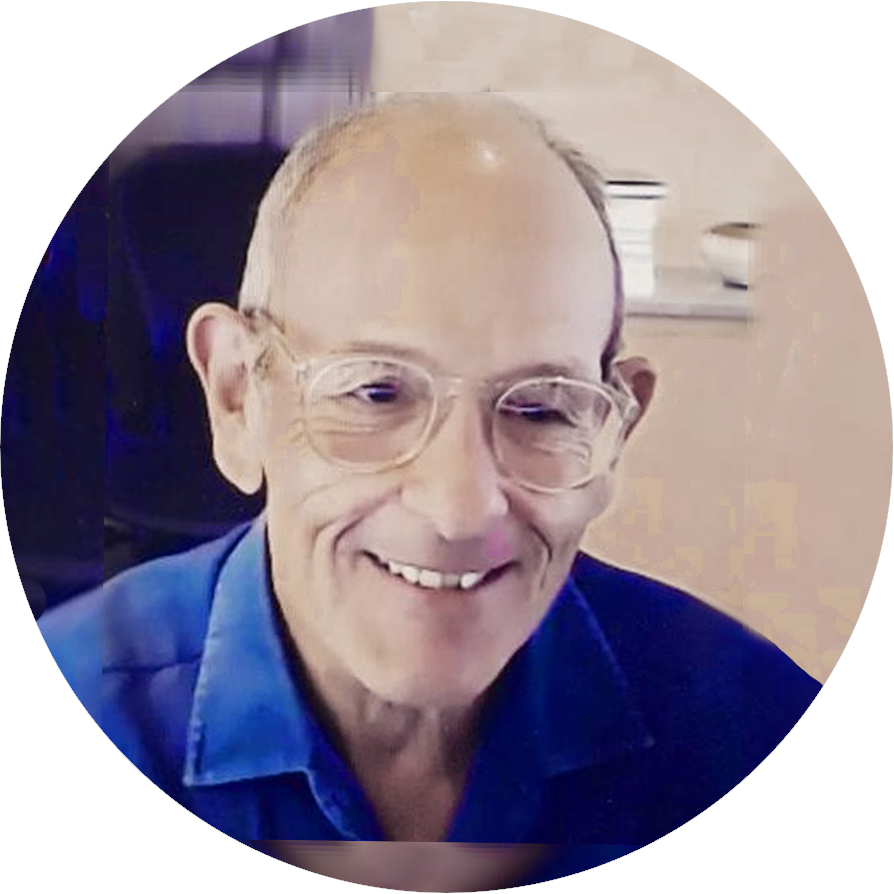

James Krantz is an organizational consultant and researcher from New York, where he is Managing Principal of Worklab, a consulting firm focusing on strategy implementation and leadership development. His principal interests are with the impact of emerging trends on the exercise of leadership and authority; the social and technical dimensions of new forms of work organization; and the unconscious background to work and organizational life. Currently, Jim serves as Honorary Professor at the Higher School of Economics in Moscow; Chair, Editorial Committee of the Journal of Organisational and Social Dynamics; and Faculty, Dynamics of Consulting at the Wharton School.
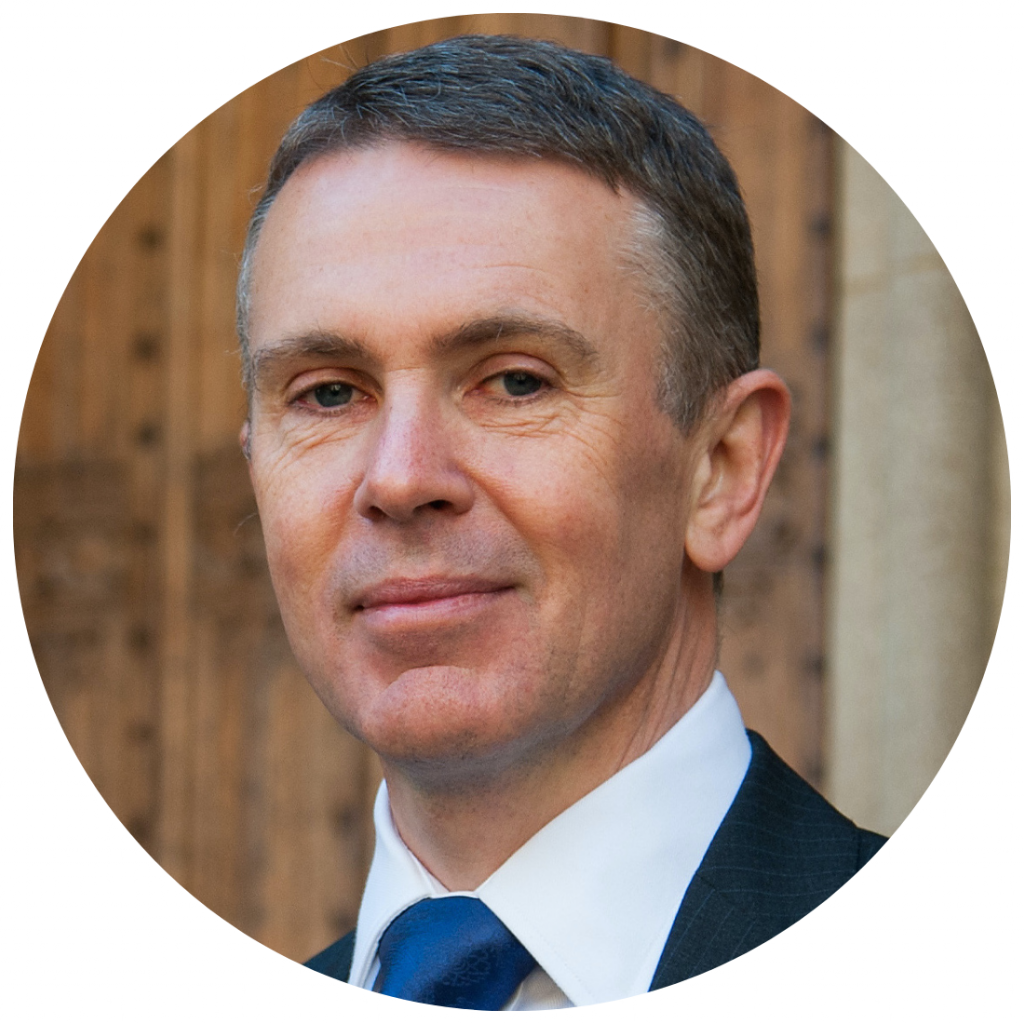

Michael Fischer is a Professor of Organisational Culture and Leadership, an applied anthropologist, group analyst, psychoanalytic psychotherapist, and executive coach. He works extensively with senior leadership teams on relational and emotional dimensions of culture change in knowledge-intensive organisations. Michael holds a PhD in psychoanalytic anthropology from Imperial College London, and has held professorial positions at the University of Oxford, King’s College London, and the University of Melbourne. Before his business school career, he was NHS clinical director and lead consultant psychotherapist at major teaching hospitals in Manchester, Liverpool and London. He has a specialist interest in the transformational dynamics of highly effective workplace cultures.
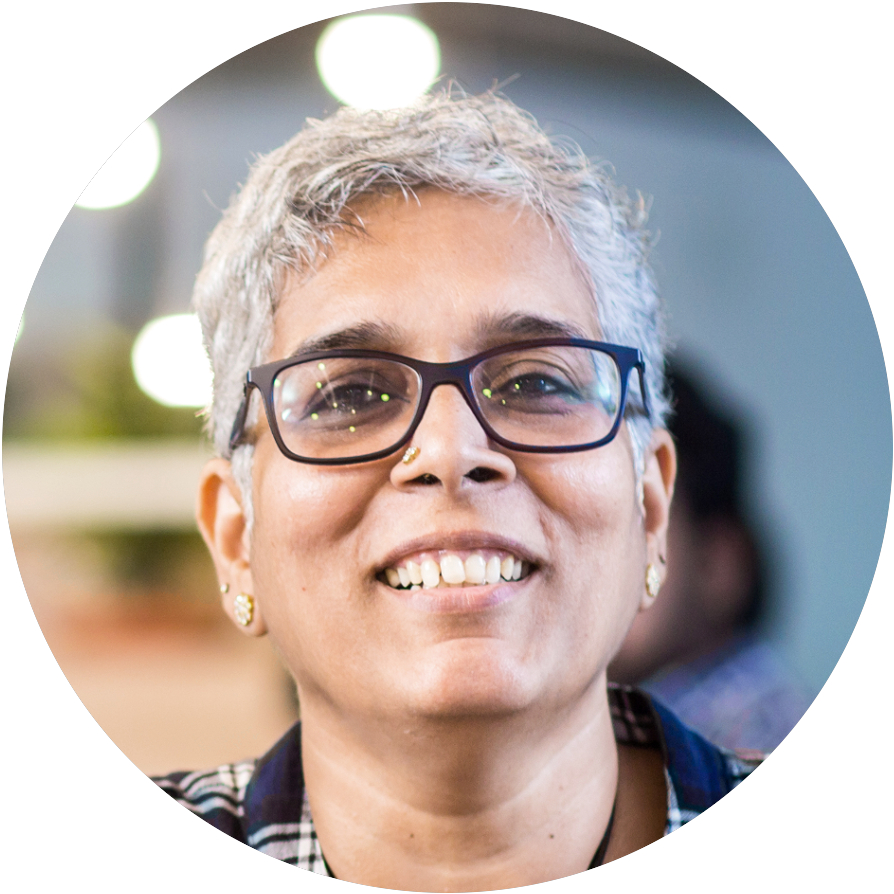

Sunitha Lal is the CHRO at Ather Energy and has more than twenty-five years’ of experience in the space of organisational development and people practices. She actively engages with and contributes to forums and platforms that focus on building Culture, Diversity & Inclusion, Mindful Leadership, and Organisational Behaviour. She has participated in GR conferences and workshops as a member and staff since 2015 and is an Associate Member of Group Relations India. She is a strong proponent of the oral tradition of storytelling and is the author of the book ‘Dotting the Blemish and Other Stories’, a collection of short stories about women’s lives embedded in patriarchy.
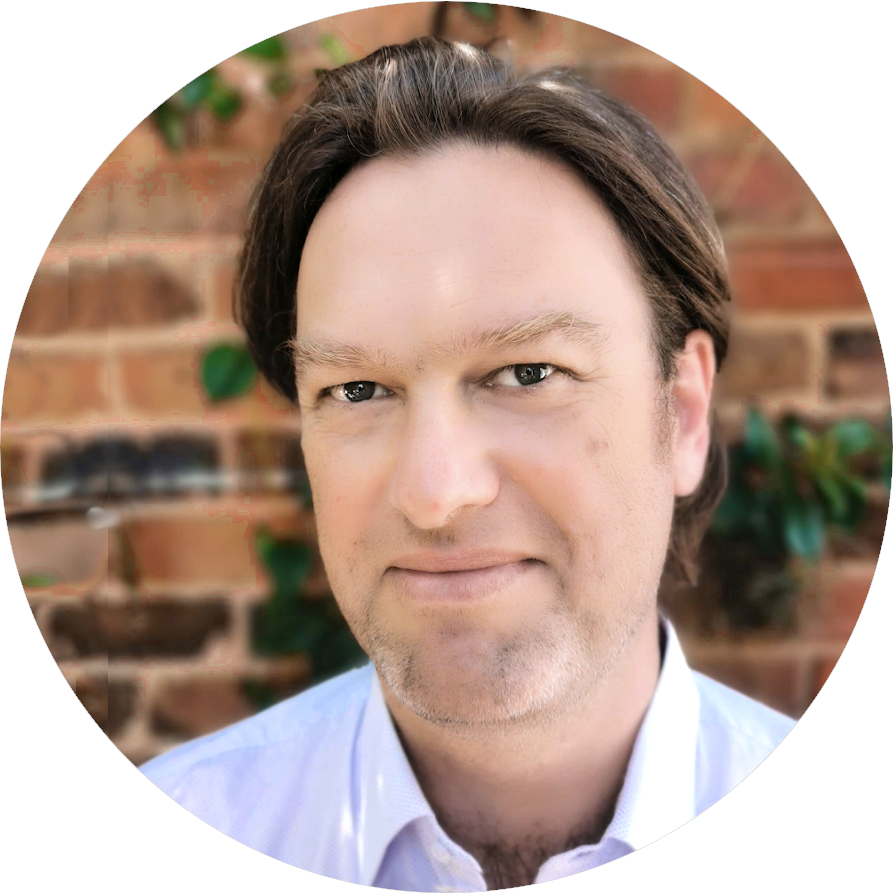

Over the last several years Thomas has enhanced his extensive professional experience by learning from, and working with, leaders across the executive coaching, group dynamics, and systems psychodynamics fields. A graduate of the NIODA Master of Leadership and Management – Organisation Dynamics, Thomas combines a deep understanding of working in large organisations with a passion for supporting others as they work toward achieving their goals and gaining deeper awareness of their actions and drivers. Highly skilled in creating a safe environment to support participants explore their roles, Thomas manages the balance between empathy and candour allowing participants to feel secure whilst having their assumptions challenged.
Introductory Session: Familiarisation with the technology
Wednesday 3 November 2021
3 – 5 pm Melbourne 🇨🇰
4 – 6 am London 🇬🇧
12 – 2 pm Singapore 🇸🇬
12 – 2 am New York 🇺🇸
9:30 – 11:30 am New Delhi 🇮🇳
Live Interactive online Conference:
Monday 8 – Wednesday 10 November 2021 and Friday 12 November
10 am – 4 pm Melbourne 🇨🇰
11 pm – 5 am London 🇬🇧
7 am – 1 pm Singapore 🇸🇬
7 pm – 1 am New York 🇺🇸
4:30 – 10:30 am New Delhi 🇮🇳
Full fee AUD$1,500
NIODA Alumni/AODA Members and
Group Relations Australia Members AUD$1,200
Two or more people from the same organisation AUD$1,200
Please contact Ellie Robinson, Director of Administration for
information about partial bursaries for those unable to meet the full amount.
GRC@nioda.org.au
Cancellations before 6 September 2021 receive 100% refund (less $100 booking fee). Cancellation before 4 October 2021 receive 50% refund. There is no refund available after 4 October 2021.
Please contact Ellie Robinson, Director of Administration.
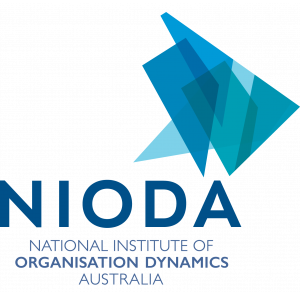

NIODA is a not-for-profit association whose primary purpose is delivering education for those specifically interested in understanding, applying and developing systems psychodynamic approaches to the improvement of work organisations. NIODA Academic offers a three-year, part-time Master of Leadership and Management (Organisation Dynamics) course, seminars and workshops. NIODA Consulting offers system psychodynamic-oriented consultancy to organisations, and NIODA Research conducts organisational research and an annual symposium.
The page you requested could not be found. Try refining your search, or use the navigation above to locate the post.
PO Box 287, Collins Street West,
Melbourne 8007 Australia
+61 (0) 414 529 867
info@nioda.org.au
NIODA acknowledges the Kulin Nations, and respective Traditional Custodians of the lands we work on.
We pay our respects to Elders past and present, and recognise their enduring sovereignty which has, and continues to, care for Country.
NIODA welcomes the Uluru Statement from the Heart’s invitation to walk with Aboriginal and Torres Strait Islander peoples in a collective movement for a better future.


As a collective of individuals, we are moved by the Uluru Statement from the Heart in its simplicity and generosity as a starting point for necessary, respectful and authentic dialogue between diverse groups.
We accept the invitation to walk, but acknowledge that we can not and do not speak for First Nations in relation to how voice, treaty and truth should be enacted. We do ask that the Government accept the invitation to walk and in doing so, allow itself to be led by its citizens, especially those most unheard among us.
As a group of predominantly colonial-european descendents and immigrants, the Uluru Statement has led us to a deeper contemplation of the meaning of citizenship in the Australian context. Central to our understanding of citizenship is the notion of connectedness between individuals, groups of individuals and communities that together comprise our society. This is a continual process defined by engagement with each other and the myriad identities that all Australian citizens bring to the discussion.
In our professional and academic lives, we are committed to working with organisations to discover and listen to all of the voices that are held by their members, employees and stakeholders. It is through this exploration and listening, filled with tension and conflict though it may be, that true connection and shared learning is made possible.
Although Indigenous people have individual voices as part of Australia’s (Western) democratic processes, there is an important collective voice that is not being listened to. And there are so many Indigenous voices who have been forever silenced by colonial settlement that the imbalance of powerful voices in our present day democracy is plain and cruel. This missing voice results in our collective loss of connectedness between groups within and across the Australian citizenry.
And so, we participate here in this process not just for ourselves, but for the people and generations who follow us. We write for emerging leaders and elders of all cultures and for our children. We speak up, recognising that many who might want to haven’t yet found their voice, or maybe lost it long ago.
In supporting the Voice, we would also ask the Government to not just view this as the end of a process and limited only to a Voice that provides advice. It must be seen as an important step taken by the current generation to explore new possibilities that future generations can build on to create new modes of connectedness between Indigenous and colonial/immigrant Australians. We call on the Government to pursue the necessary referendum to formalise and legitimise Indigenous Voices to parliament and Government.
We value the idea of makaratta, outlined in the Uluru Statement from the Heart. From this position of coming together after a struggle, we know that our own roles in the coming together will bring up many unknowns, confronting challenges, and new experiences. We are here for this: as ready as we can be in stepping in to the struggle, not away from it. We ask the government to not be overwhelmed by or give in to dominant voices expressing fear.
We believe in the role of government to assist all citizens in not just having a voice, but also in learning how to listen. Through listening, we can set out to arrive at a place that sees treaty(ies) not as a collective sacrifice, but as a collective benefit in something much richer. This message offers direction and hope for people, and is a message that governments can show leadership in promoting and exploring.
As Thomas Brideson, CEO of Gayaa Dhuwi (Proud Spirit) Australia, has recently said, “If the only thing that we ever do is the same thing we did yesterday, then tomorrow is not going to change one little bit.” We must seek change together.
Truth-telling is important to us. Part of understanding and acknowledging the truth requires creating spaces and listening to voices in more honest discussion and debate that recognises and values different voices. We are ready for the discomfort and disruption the ‘voice’ will bring and how hard it may be to truly listen and sit with our shame.
We are hopeful and – more than hopeful – filled with expectation, that our governments will lead a positive, proactive discourse about our mutual roles in creating a better future, together. In makaratta.
A group of citizens:
Judy Kent, Margo Lockhart, Deb Martindale, Paul Dore, Sally Mussared, Seth Thomasson, Susan Campbell
This group of citizens came together during a NIODA Conversation Series and have chosen to continue to think and work together.
* This is a response to the indigenous Interim Voice Report. Submissions in response to the Interim Voice Report on the co-design of a First Nations Voice close 30 April 2021. Learn More
Our Aboriginal and Torres Strait Islander tribes were the first sovereign Nations of the Australian continent and its adjacent islands, and possessed it under our own laws and customs. This our ancestors did, according to the reckoning of our culture, from the Creation, according to the common law from ‘time immemorial’, and according to science more than 60,000 years ago.
This sovereignty is a spiritual notion: the ancestral tie between the land, or ‘mother nature’, and the Aboriginal and Torres Strait Islander peoples who were born therefrom, remain attached thereto, and must one day return thither to be united with our ancestors. This link is the basis of the ownership of the soil, or better, of sovereignty. It has never been ceded or extinguished, and co-exists with the sovereignty of the Crown.
How could it be otherwise? That peoples possessed a land for sixty millennia and this sacred link disappears from world history in merely the last two hundred years?
With substantive constitutional change and structural reform, we believe this ancient sovereignty can shine through as a fuller expression of Australia’s nationhood.
Proportionally, we are the most incarcerated people on the planet. We are not an innately criminal people. Our children are aliened from their families at unprecedented rates. This cannot be because we have no love for them. And our youth languish in detention in obscene numbers. They should be our hope for the future.
These dimensions of our crisis tell plainly the structural nature of our problem. This is the torment of our powerlessness.
We seek constitutional reforms to empower our people and take a rightful place in our own country. When we have power over our destiny our children will flourish. They will walk in two worlds and their culture will be a gift to their country.
We call for the establishment of a First Nations Voice enshrined in the Constitution.
Makarrata is the culmination of our agenda: the coming together after a struggle. It captures our aspirations for a fair and truthful relationship with the people of Australia and a better future for our children based on justice and self-determination.
We seek a Makarrata Commission to supervise a process of agreement-making between governments and First Nations and truth-telling about our history.
In 1967 we were counted, in 2017 we seek to be heard. We leave base camp and start our trek across this vast country. We invite you to walk with us in a movement of the Australian people for a better future.
ulurustatement.org/the-statement
Day(s)
:
Hour(s)
:
Minute(s)
:
Second(s)
PO box 287, Collins Street West,
Melbourne 8007 Australia
+61 414 529 867
info@nioda.org.au
This Get In Touch form is protected by reCAPTCHA and the Google Privacy Policy and Terms of Service apply.


8, 9 & 10 September 2021
This symposium focuses on how we might learn from the transformations and the dynamics that become embedded into our personal and work lives and our organisations as brought about by the rapidly evolving contexts surrounding us. We are transforming in response. One major example indicates the changes brought by the global pandemic of COVID-19 and the ways in which we have transformed our communications and where and how we work.
We don’t know what the future will bring and however we consciously plan, some dynamics play out at hidden levels. There are many opportunities to learn as these transitions and transformations occur and become embedded in organisational cultures. Some are occurring so rapidly that we might easily lose the chance to learn from them. How this can be done is of importance to the ways we might work in the future.
AUD $250 for the full live interactive online event
All sessions will be recorded and made available to symposium participants, so you can see all the sessions, no matter what your timezone!
🇦🇺
5.00 – 7.00 pm Opening & Keynote Dr Bob Hinshelwood
7.00 – 9.00 pm Panel & discussion
9.00 – 11.00 am Parallel papers
11.00 – 1 pm Parallel papers
5.00 – 7.00 pm Panel & discussion
7.00 – 9.00 pm Parallel papers
9.00 – 11.00 am Parallel papers
11.00 – 1 pm Parallel papers
5.00 – 7.00 pm Parallel papers
7.00 – 9.00 pm Closing reflection
🇺🇸
3.00 – 5.00 am Opening & Keynote Dr Bob Hinshelwood
5.00 – 7.00 am Panel & discussion
7.00 – 9.00 pm Parallel papers
9.00 – 11.00 pm Parallel papers
3.00 – 5.00 am Panel & discussion
5.00 – 7.00 am Parallel papers
7.00 – 9.00 pm Parallel papers
9.00 – 11.00 pm Parallel papers
3.00 – 5.00 am Parallel papers
5.00 – 7.00 am Closing reflections
🇬🇧
8.00 – 10.00 am Opening & Keynote Dr Bob Hinshelwood
10.00 – 12.00 pm Panel & discussion
12.00 – 2.00 am Parallel papers
2.00 – 4.00 am Parallel papers
8.00 – 10.00 am Panel & discussion
10.00 – 12.00 noon Parallel papers
12.00 – 2.00 am Parallel papers
2.00 – 4.00 am Parallel papers
8.00 – 10.00 am Parallel papers
10.00 – 12.00 noon Closing reflections
🇸🇬
3.00 – 5.00 pm Opening & Keynote Dr Bob Hinshelwood
5.00 – 7.00 pm Panel & discussion
7.00 – 9.00 am Parallel papers
9.00 – 11.00 am Parallel papers
3.00 – 5.00 pm Panel & discussion
5.00 – 7.00 pm Parallel papers
7.00 – 9.00 am Parallel papers
9.00 – 11.00 am Parallel papers
3.00 – 5.00 pm Parallel papers
5.00 – 7.00 pm Closing reflections
Bob Hinshelwood is a Fellow of the British Psychoanalytical Society and a Fellow of the Royal College of Psychiatrists. He was Director of the Cassel Hospital and subsequently Professor in the Centre for Psychoanalytic Studies in the University of Essex, UK. He founded the British Journal of Psychotherapy in 1984 and edited it for 10 years, and he founded the journal Psychoanalysis and History in 1995. He has written widely on Kleinian psychoanalysis and therapeutic communities as well as the application of psychoanalysis to the understanding of organisations.
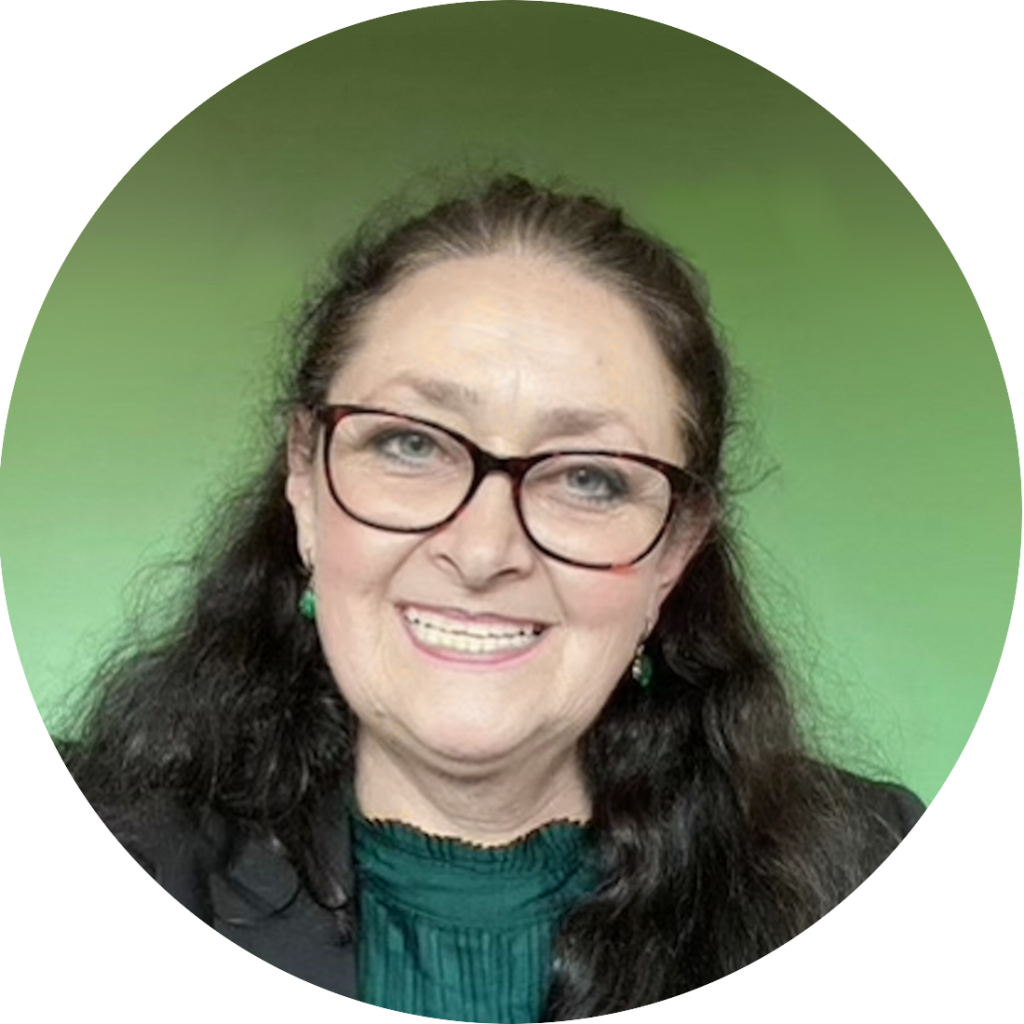

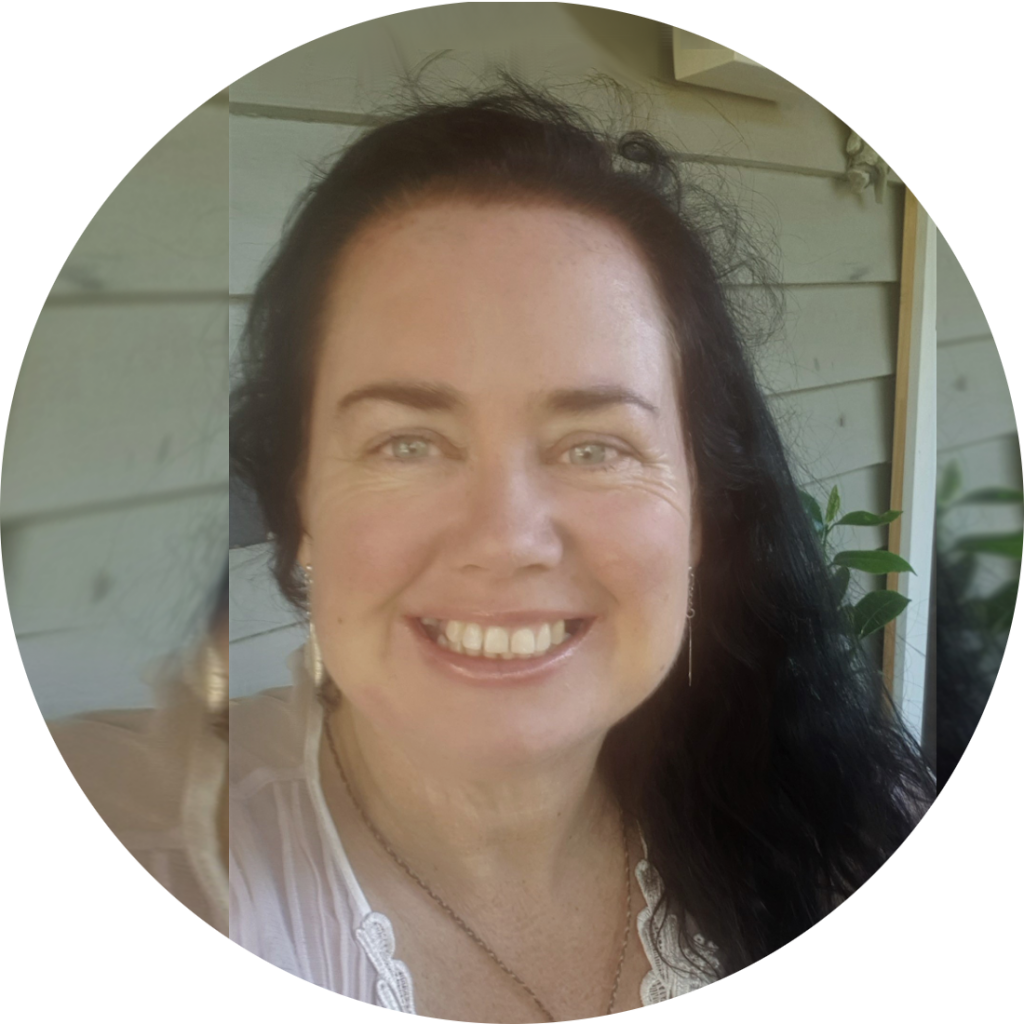

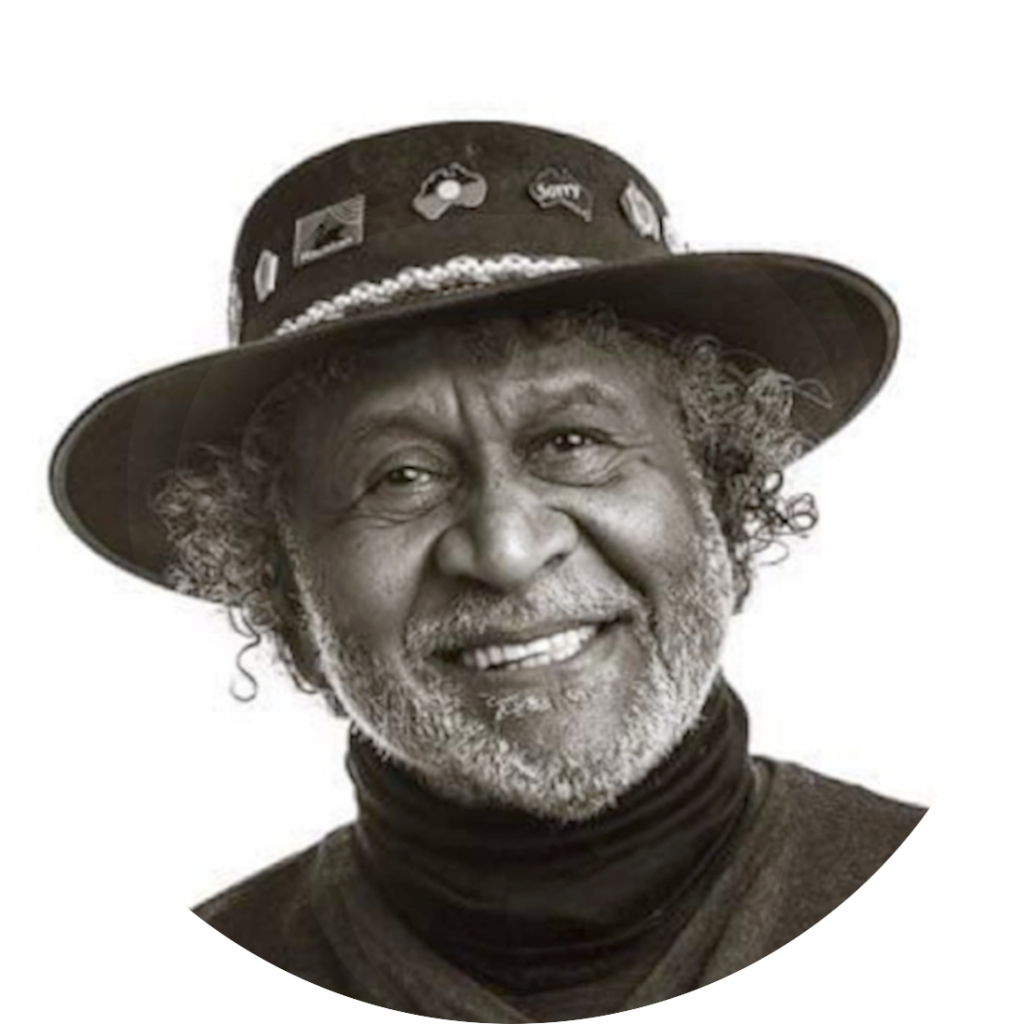

Ray Minniecon, Mishel McMahon, and Terri Marsden, are Indigenous Australians who are leaders in the sectors of finance and banking, Aussie Rules Football, Maternal and Child Health, and community ministry.
Their stories (yarns) can only be understood and appreciated in the context of the Australian Indigenous ways of knowing. The presenters are the windows into being, of time, place, animate and inanimate, dreamtime, songlines and moieties. They will offer an experience of learning through yarning. The method of seeking to understand, not to reply, as a respectful mode for learning. Seeking to Be curious, be present, and to re-imagine.
Join us as we “walk backwards into the future”.
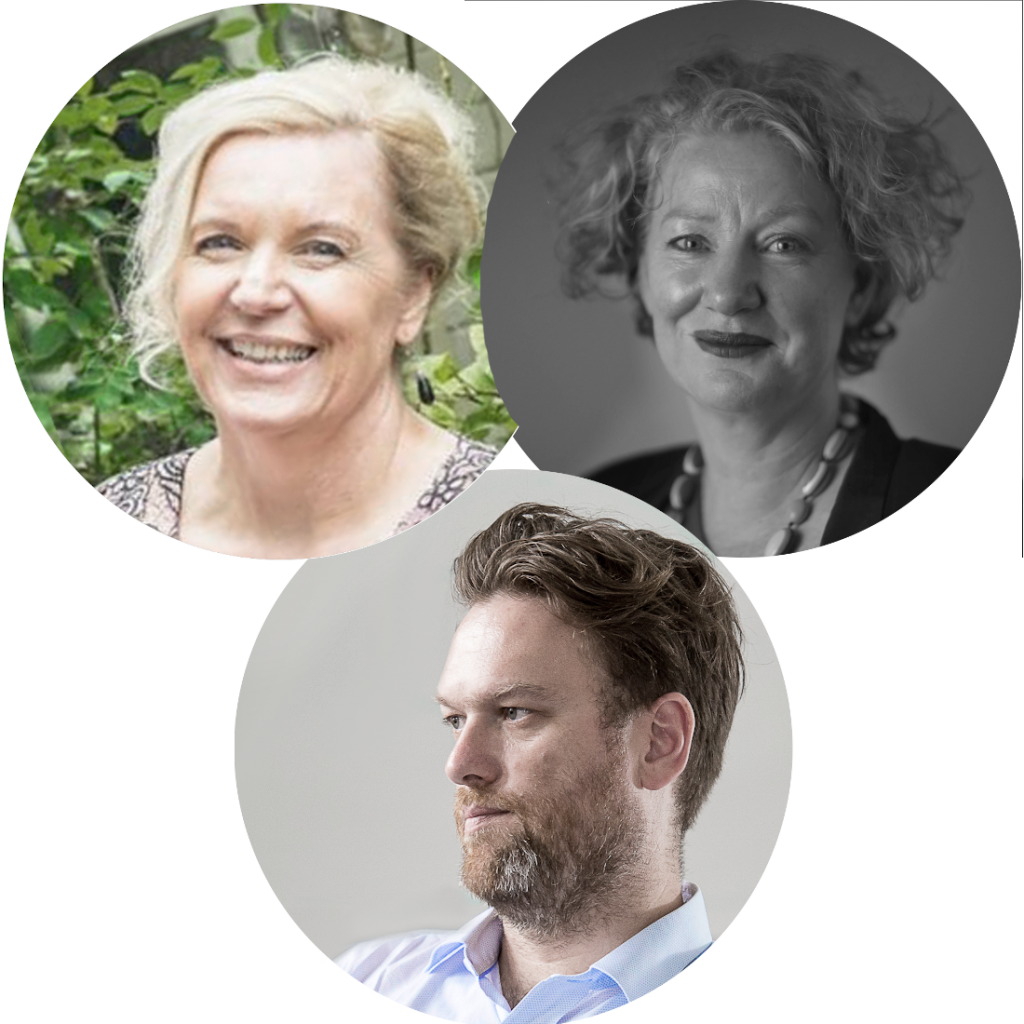

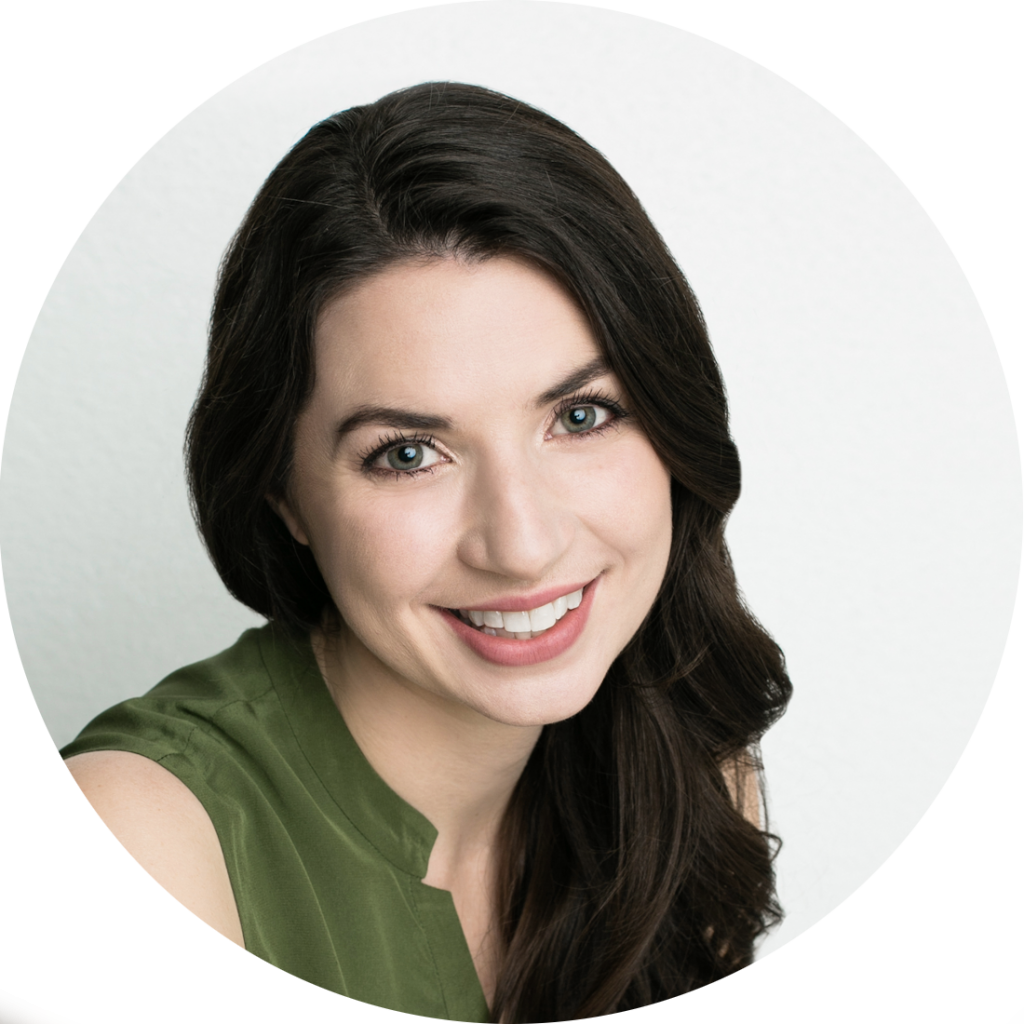



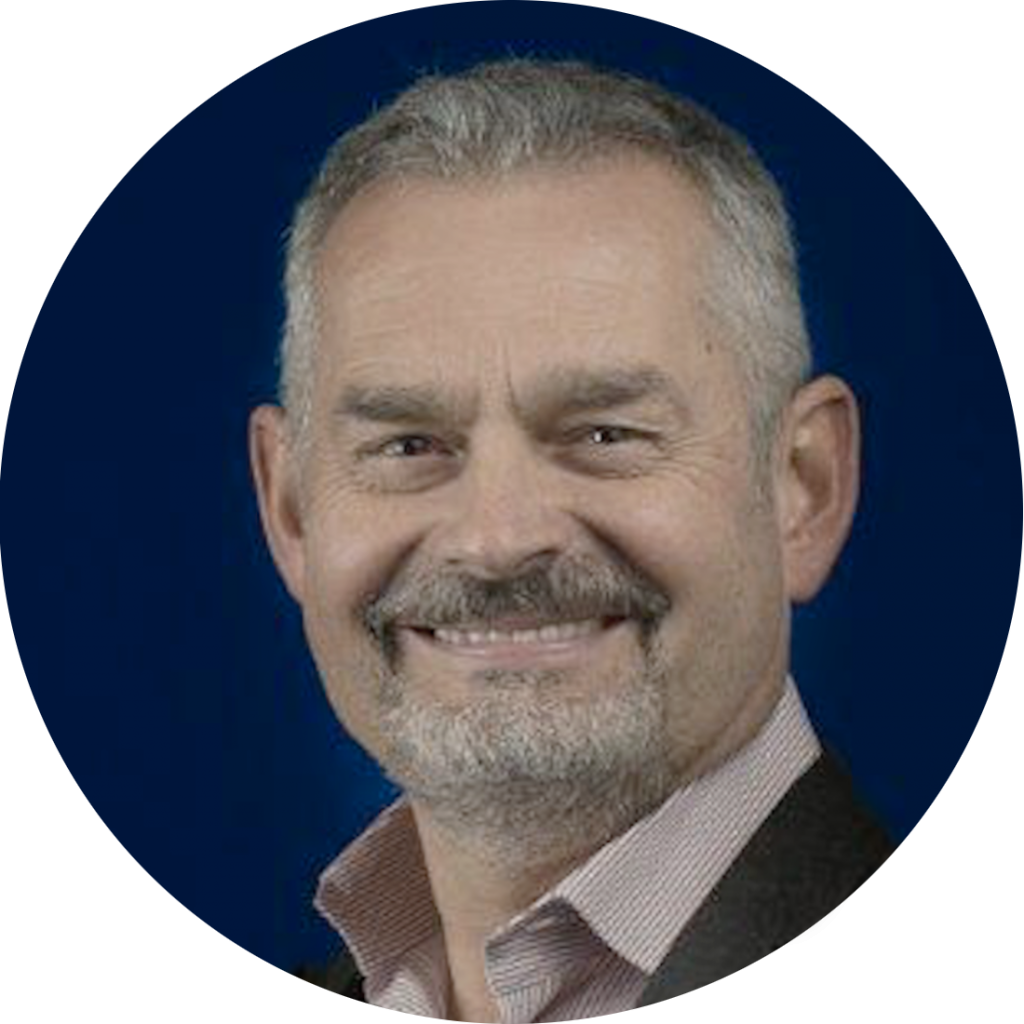

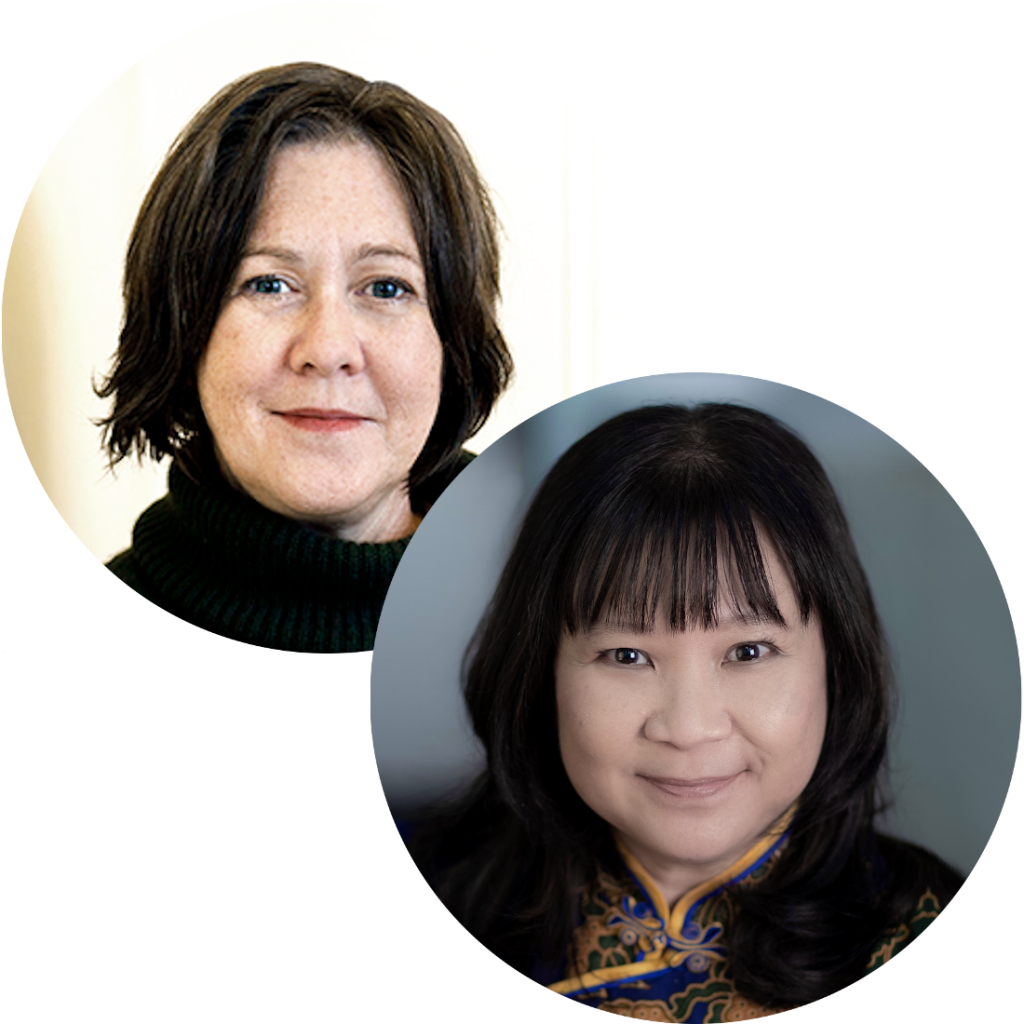

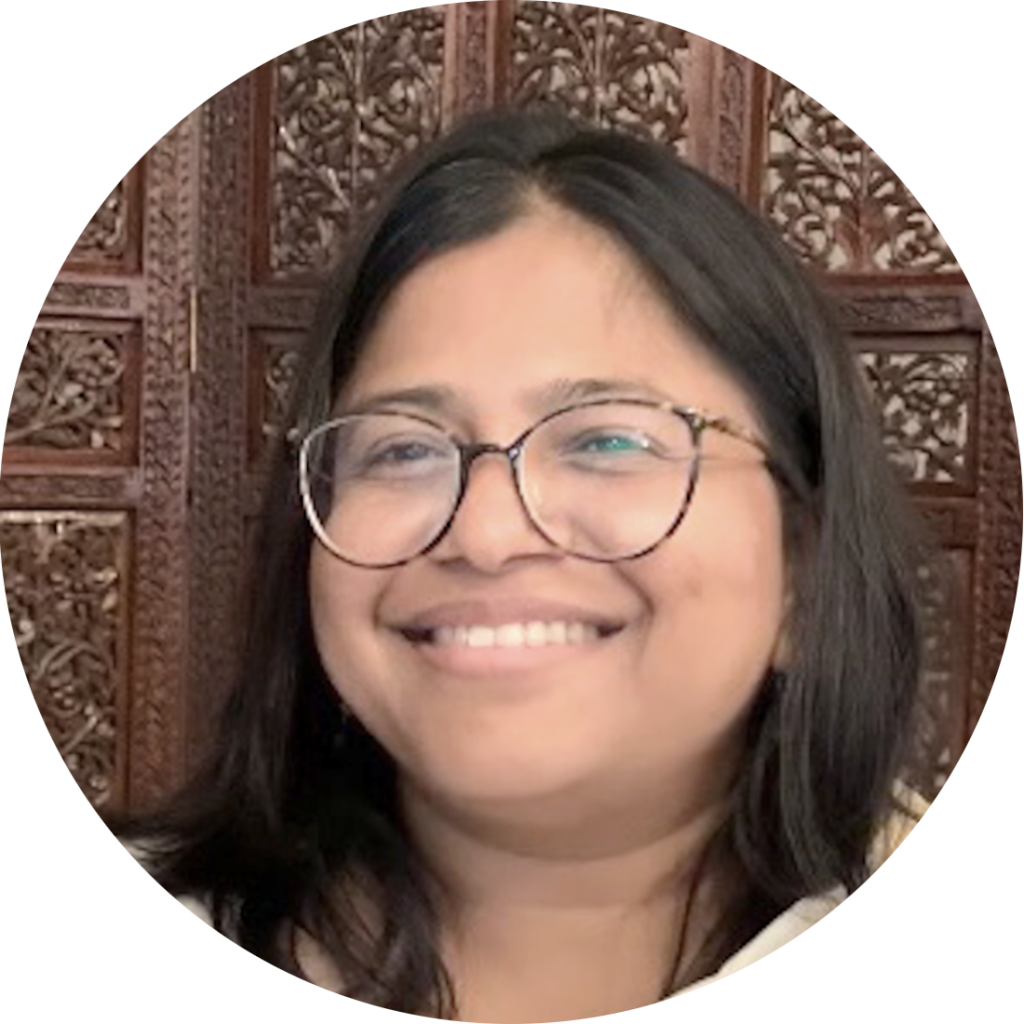

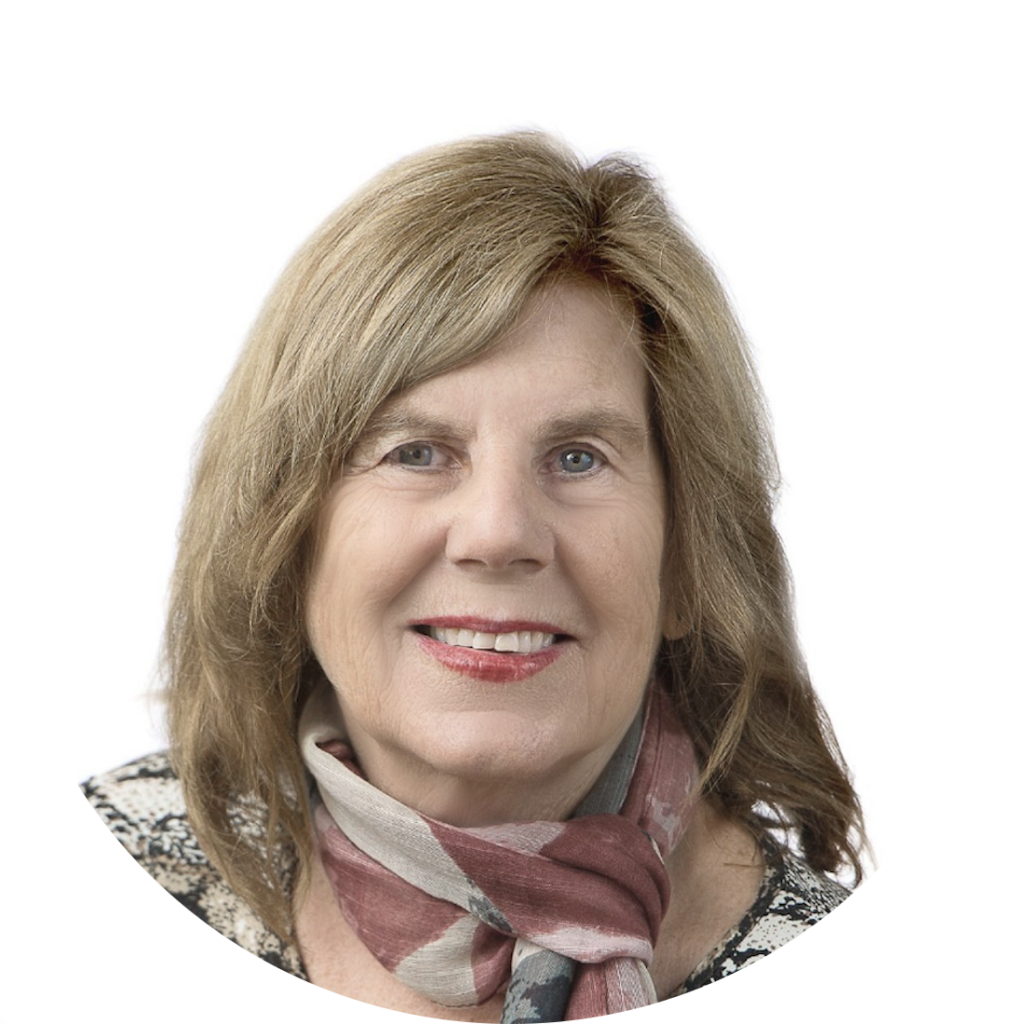


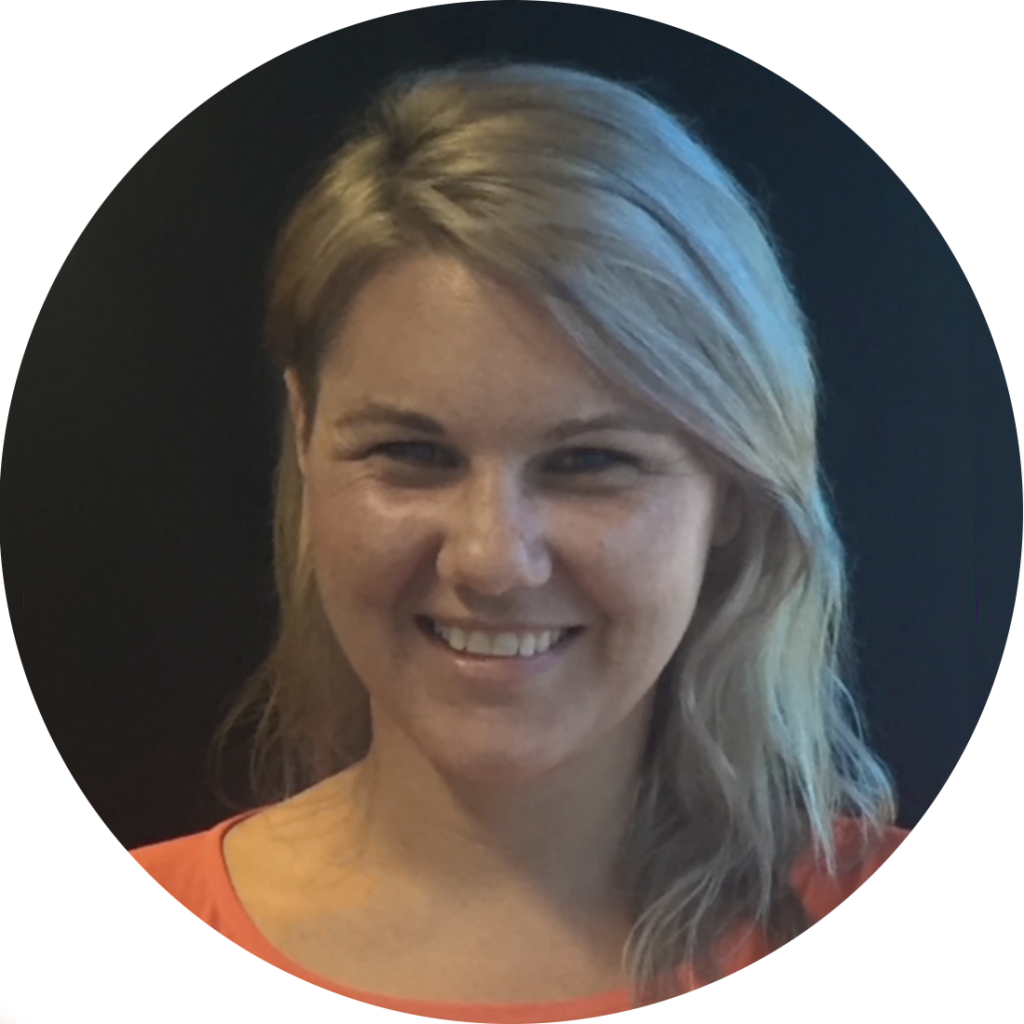

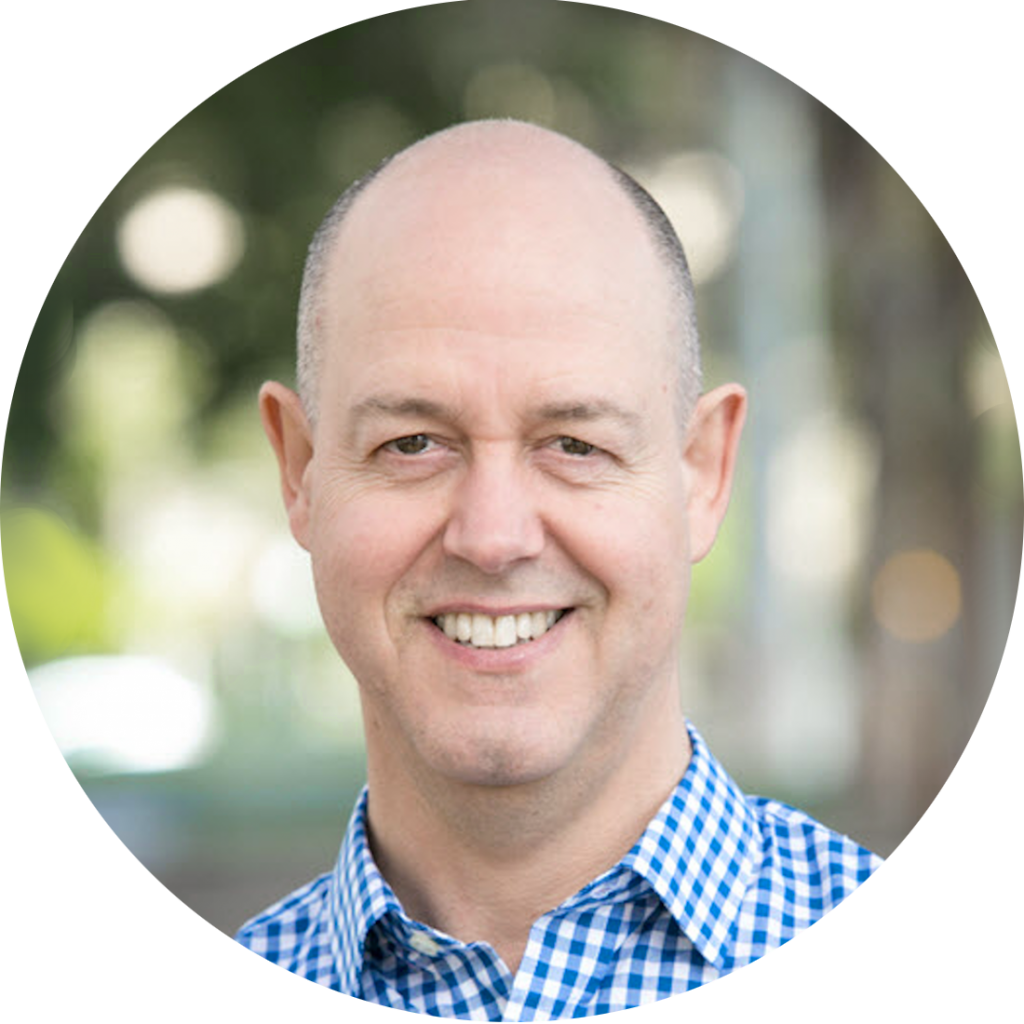

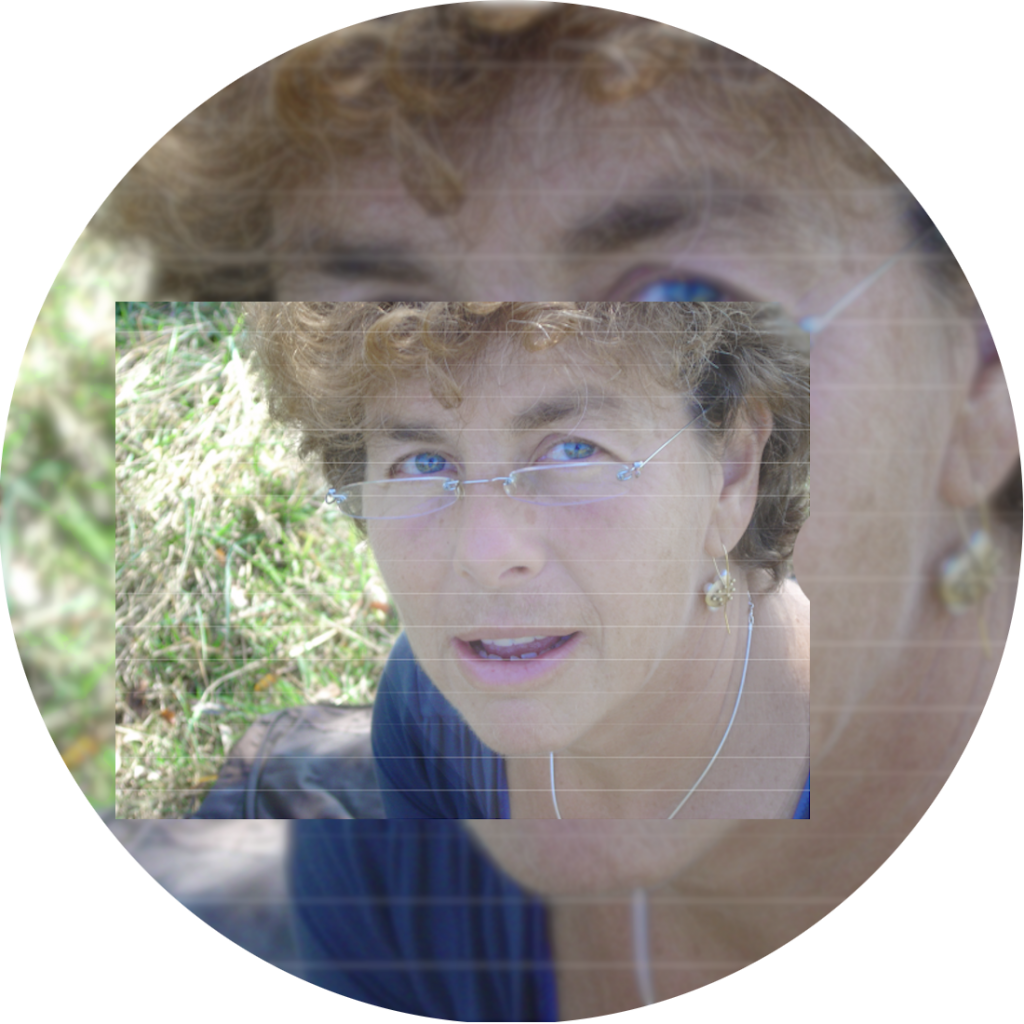

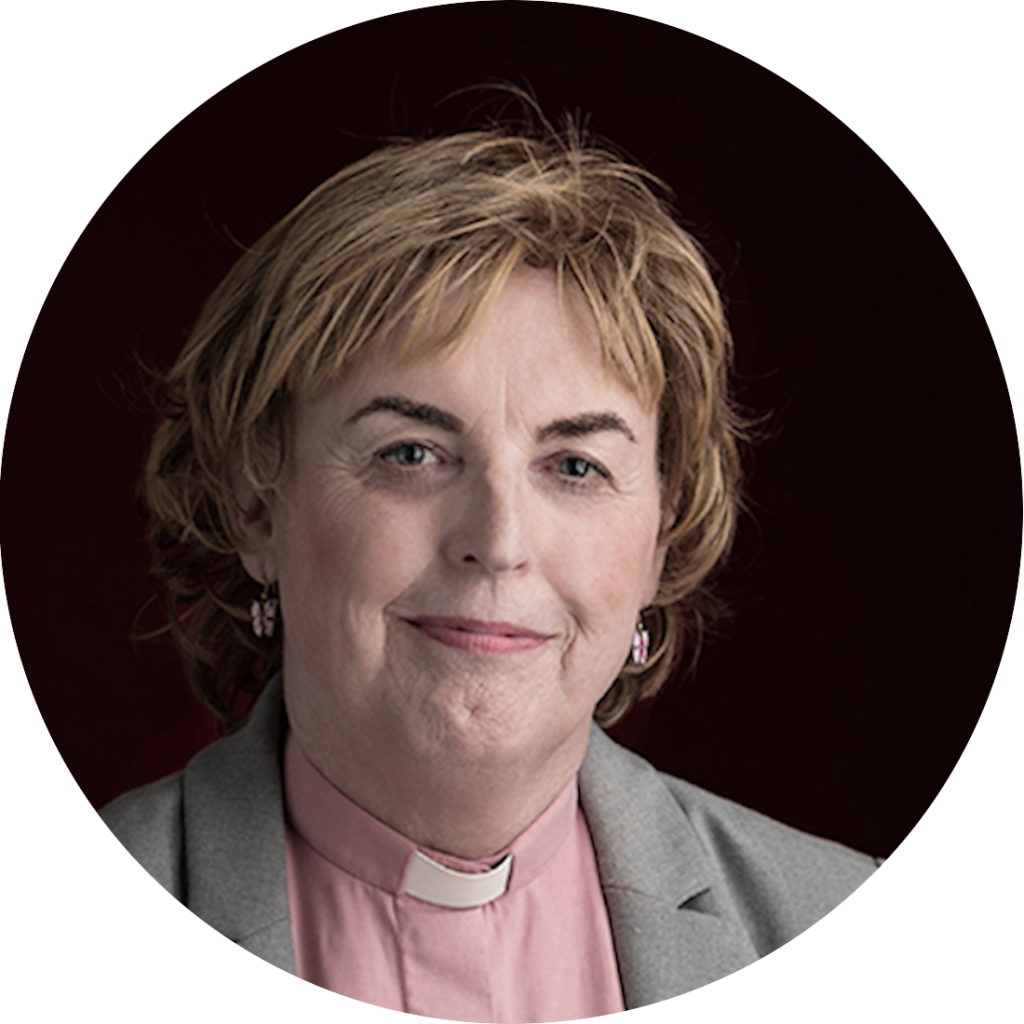

It can be painful to stay in the knowing and it takes energy to stay in the not knowing. This panel will explore the experience of translating from one state of knowing/not knowing to another from the perspective of the three panelists: Social Dreaming, moving between different ways of becoming including transgender, and Family Systems work. Join us to explore how we might look at the world together through creating a broader sensemaking field as we pay attention to the other on the edge of our knowing. This panel is an invitation to think together through using new frames that provoke new questions.
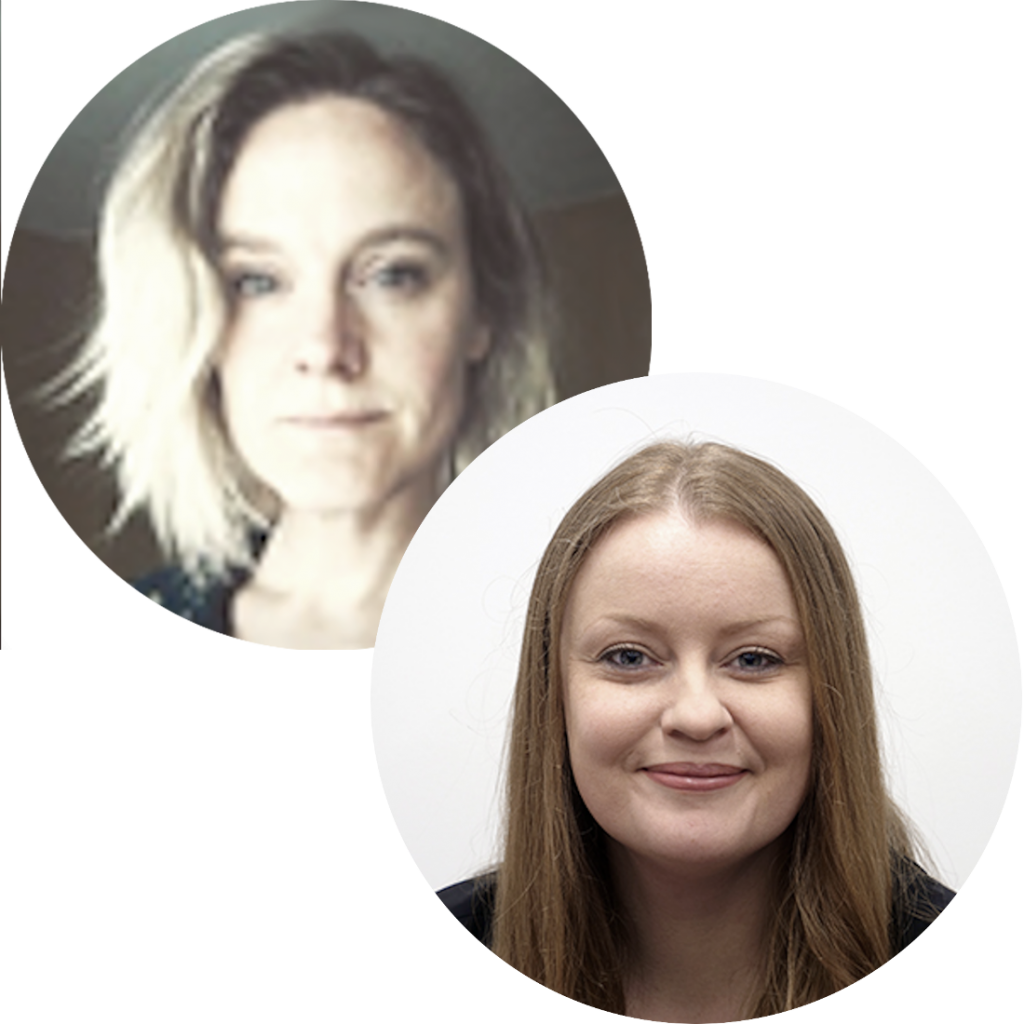

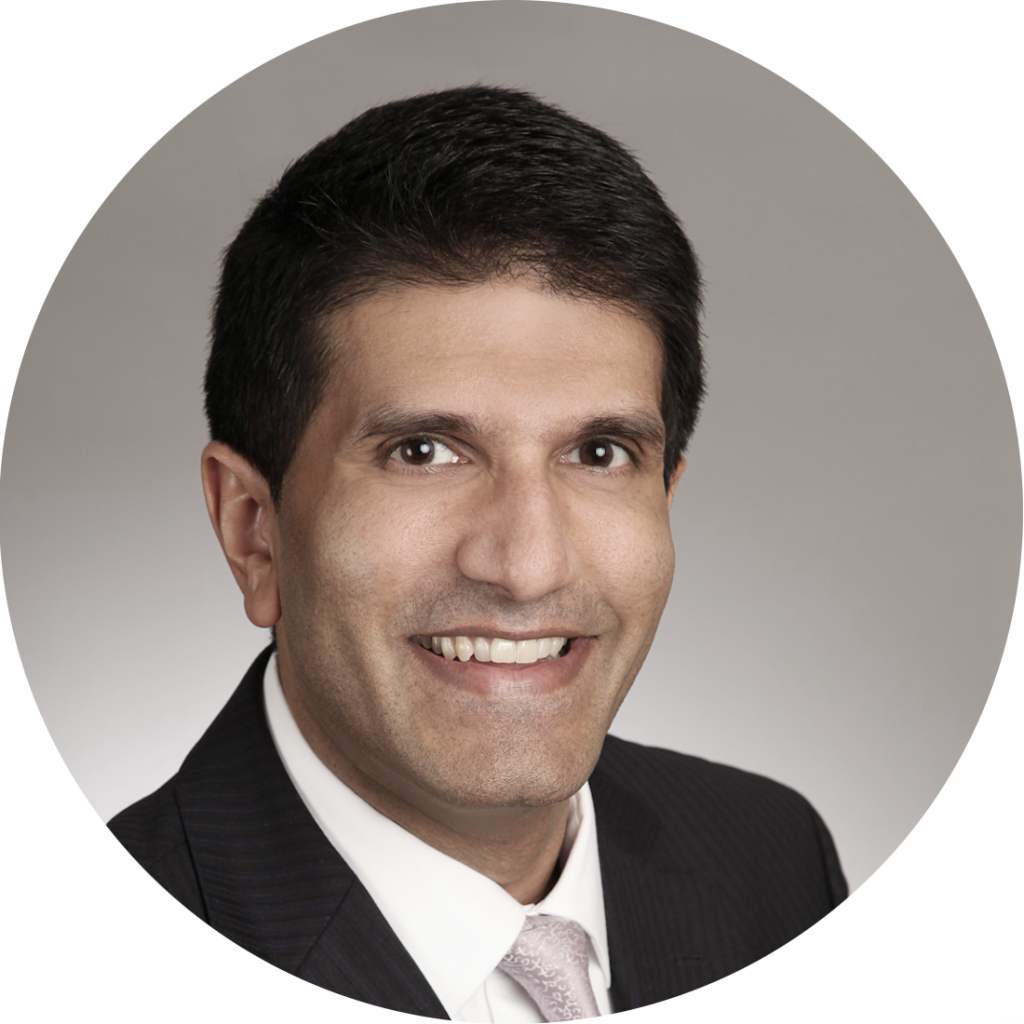

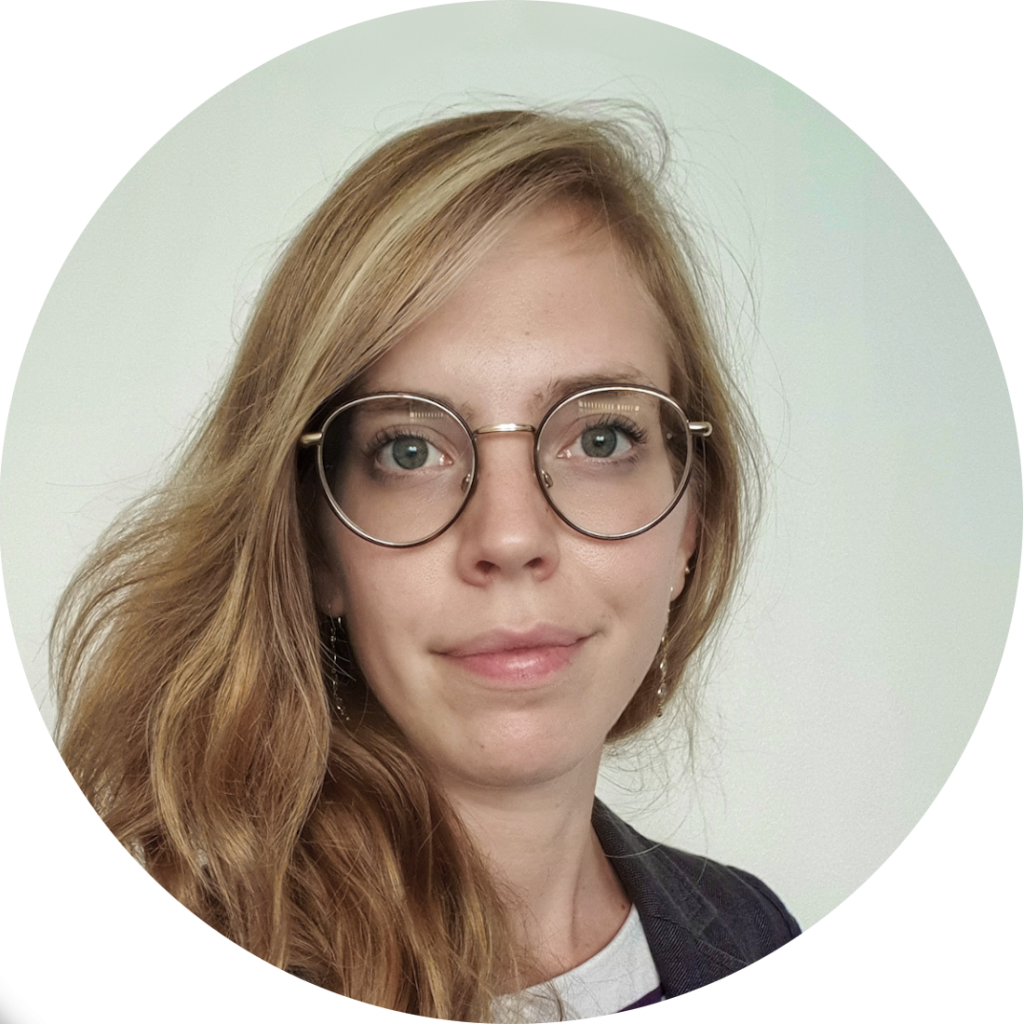

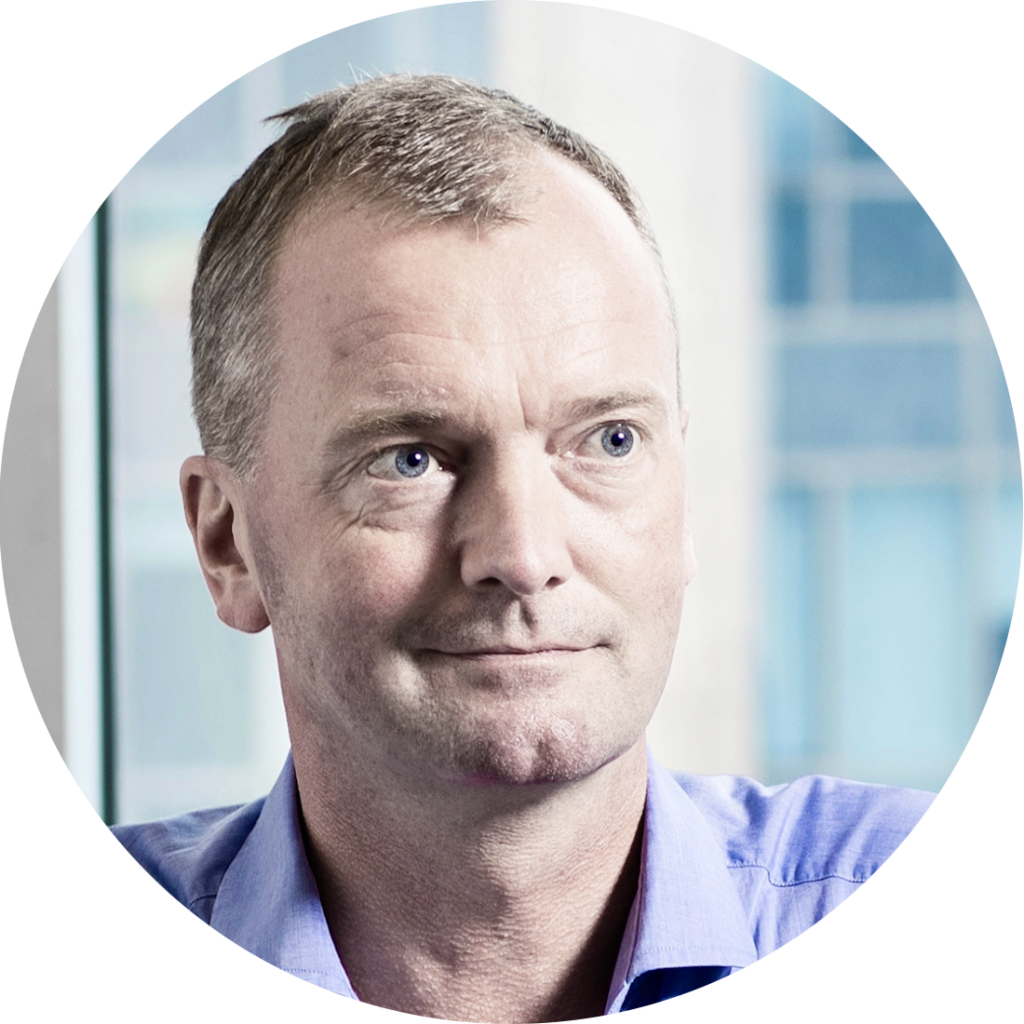

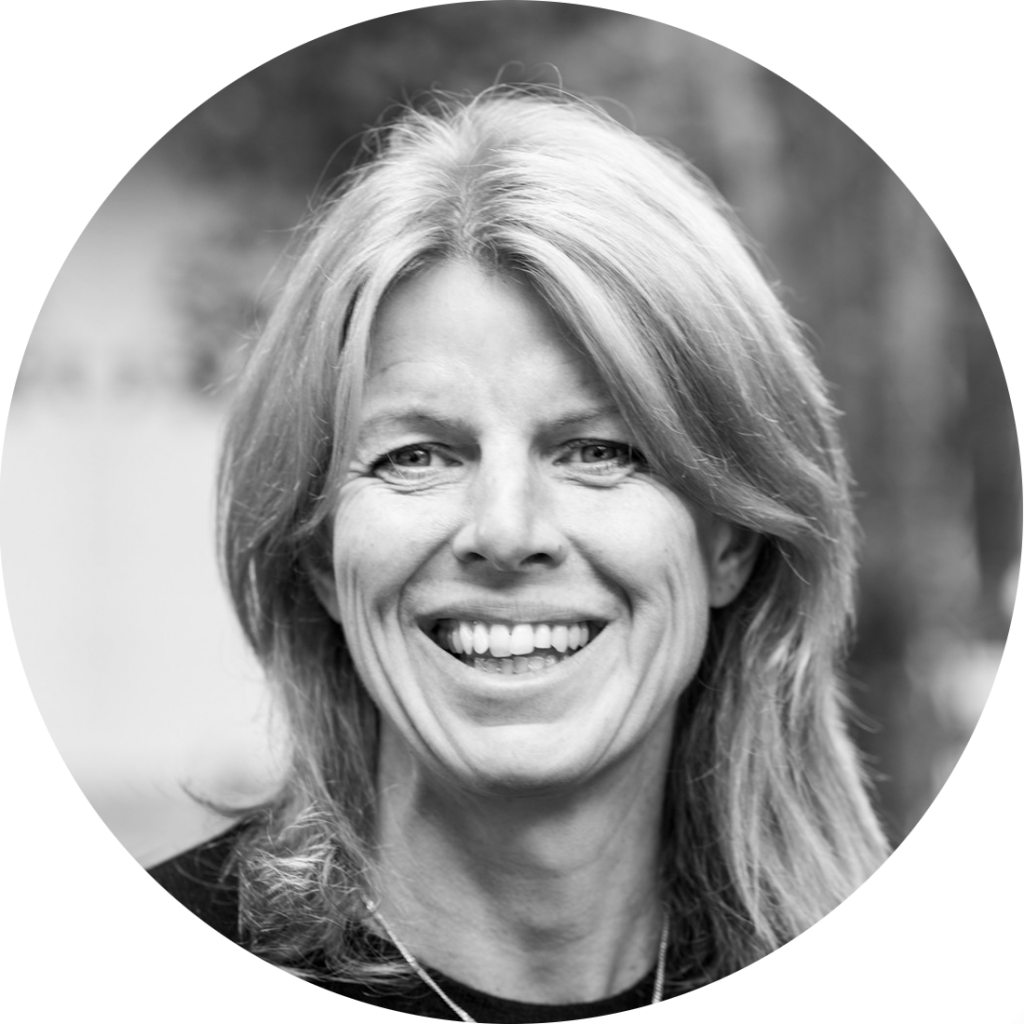

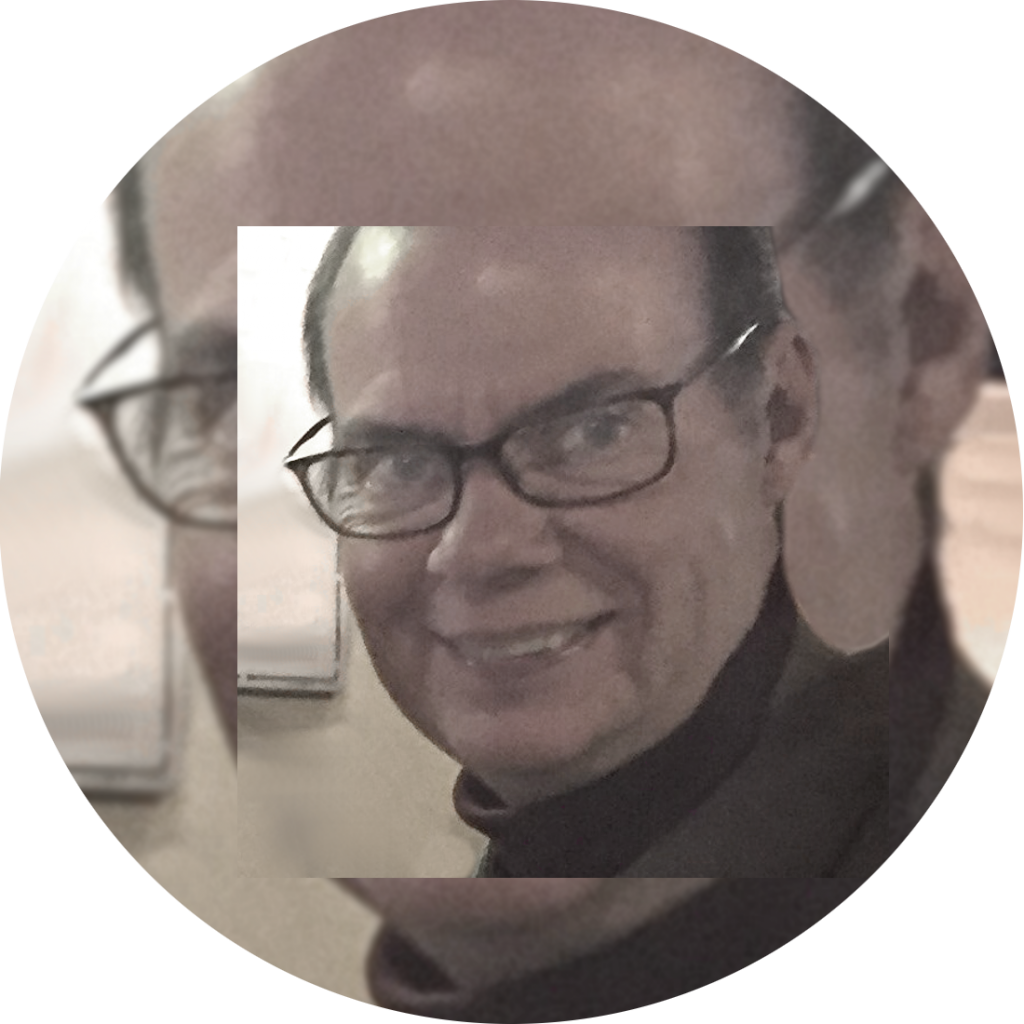

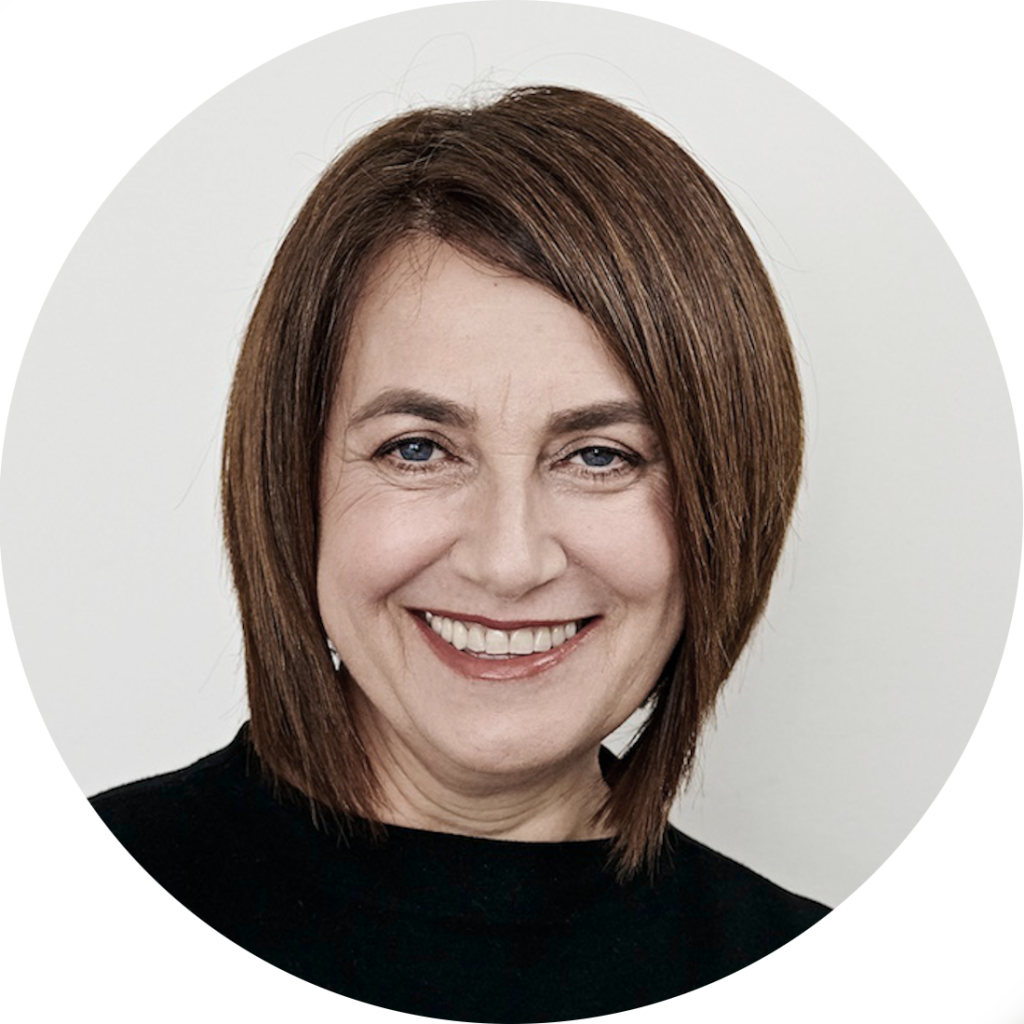

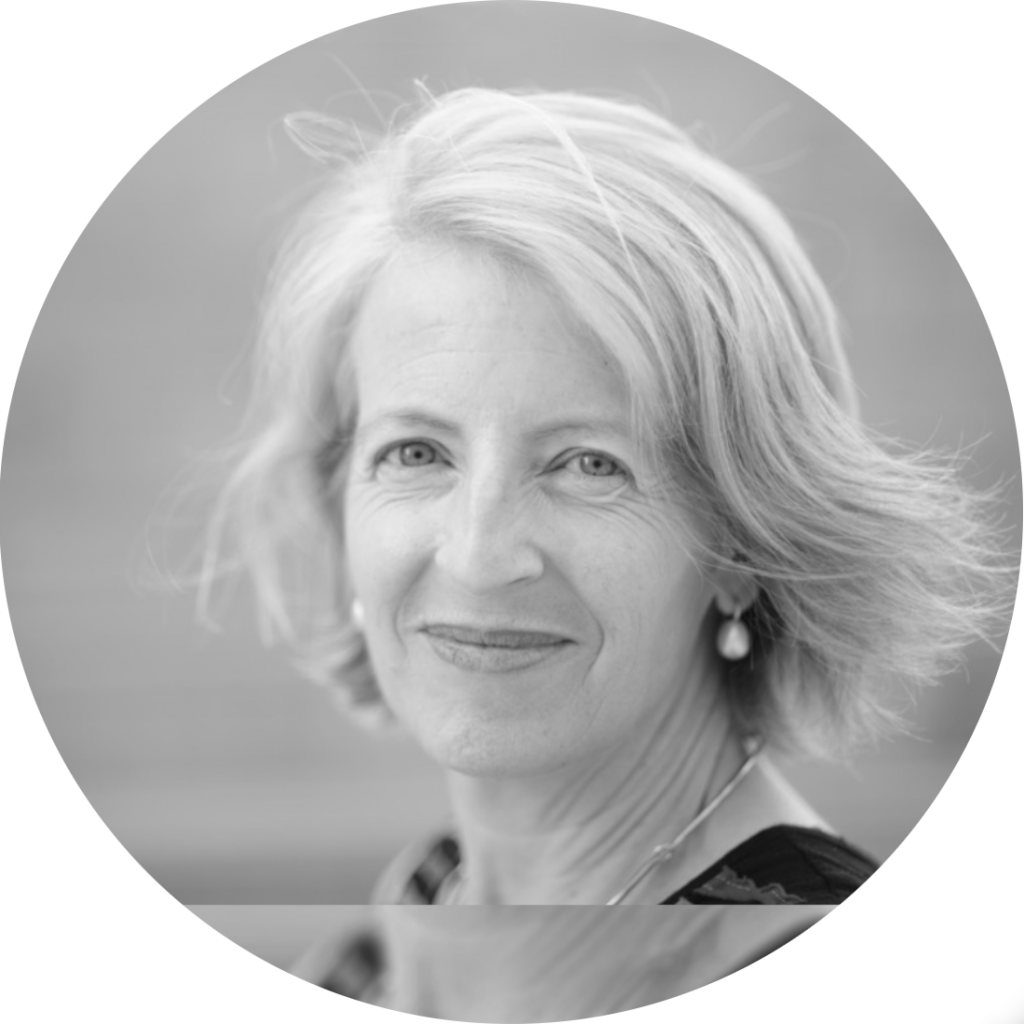

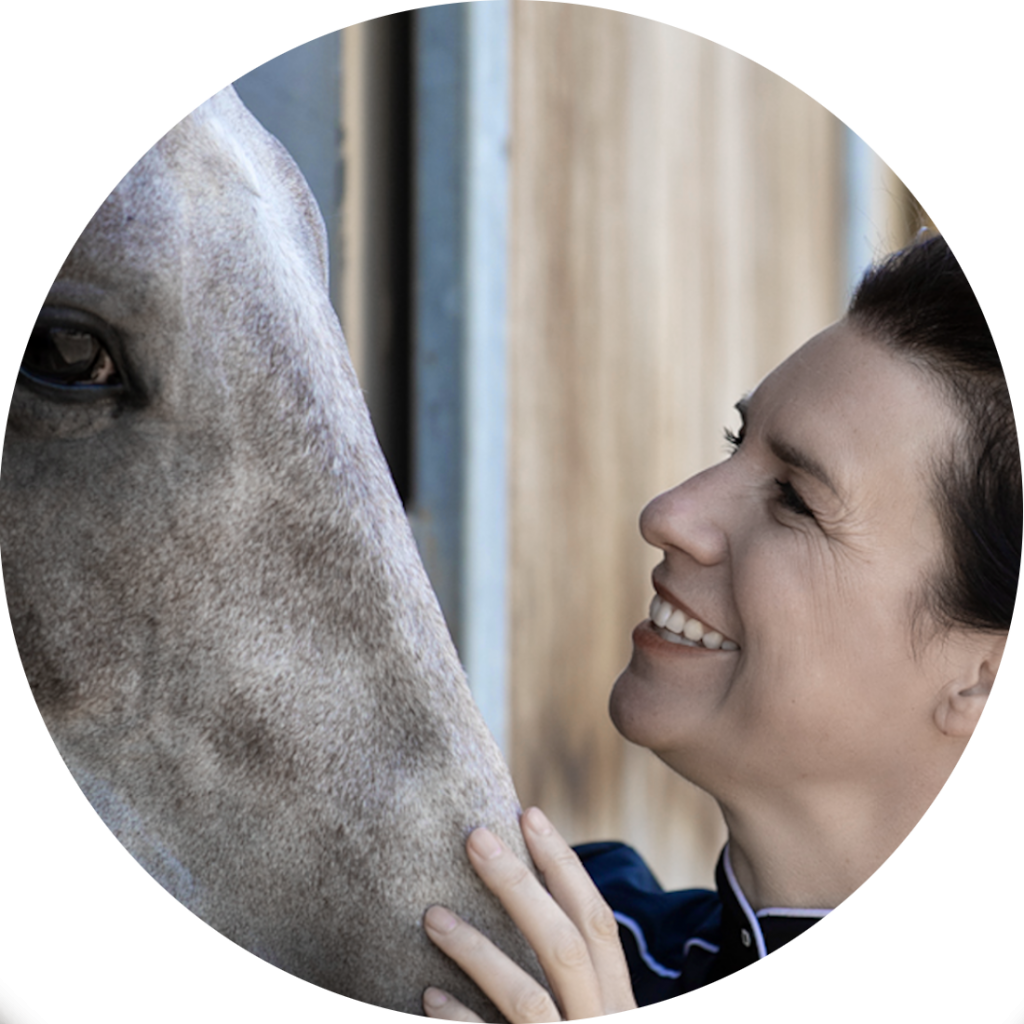

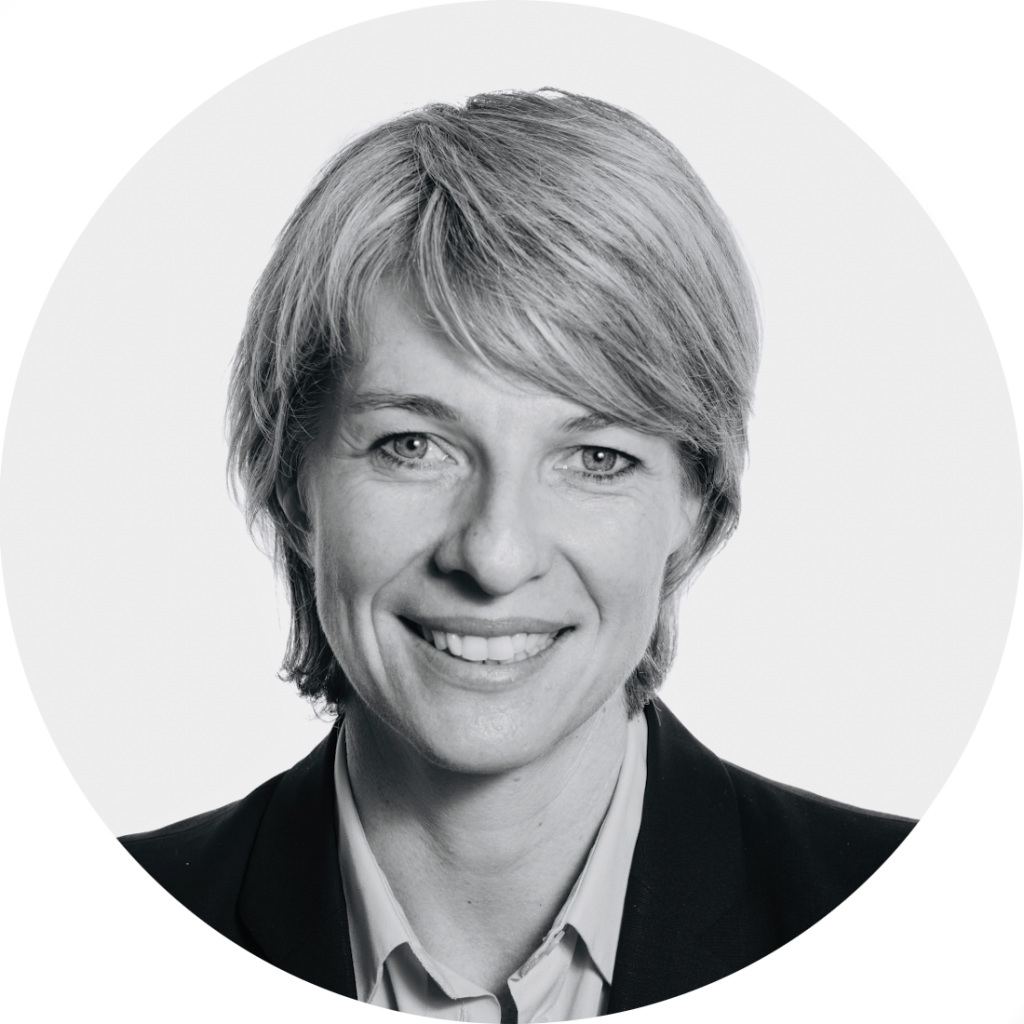

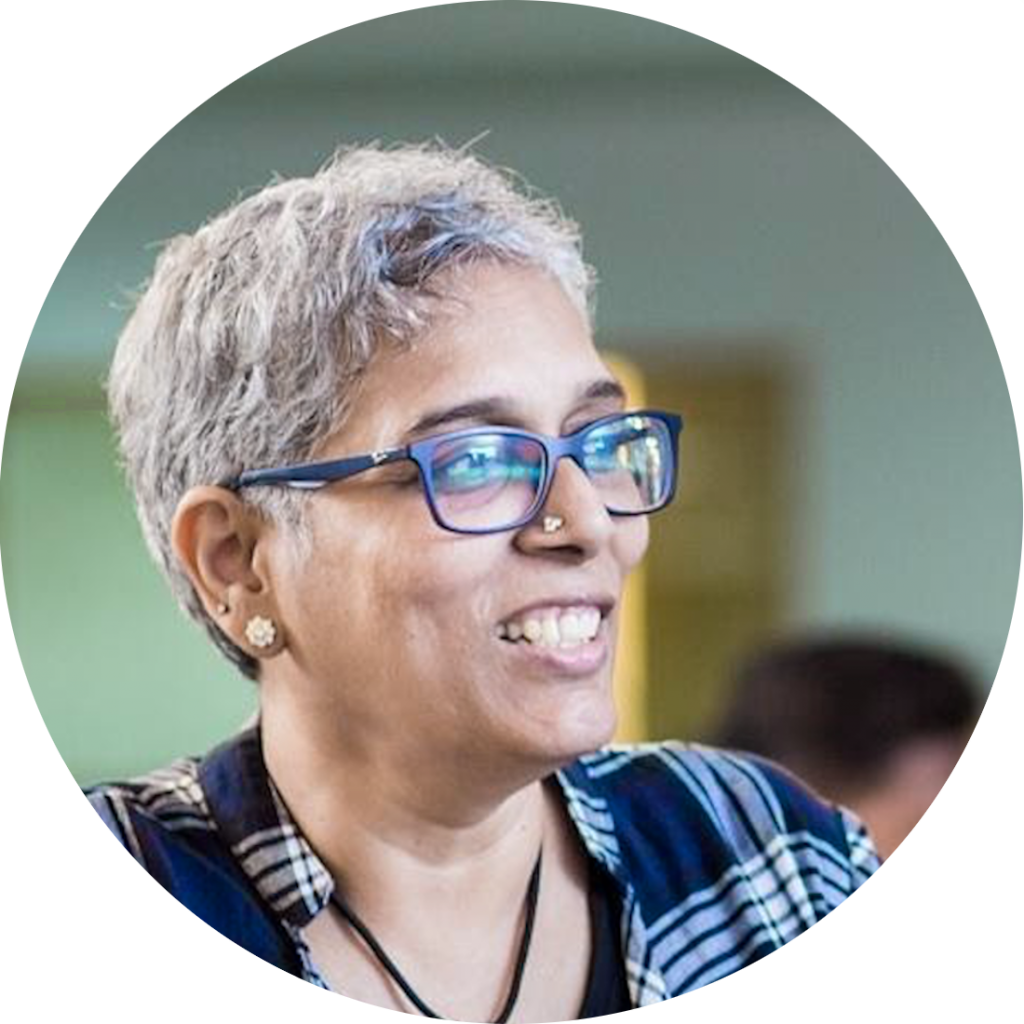

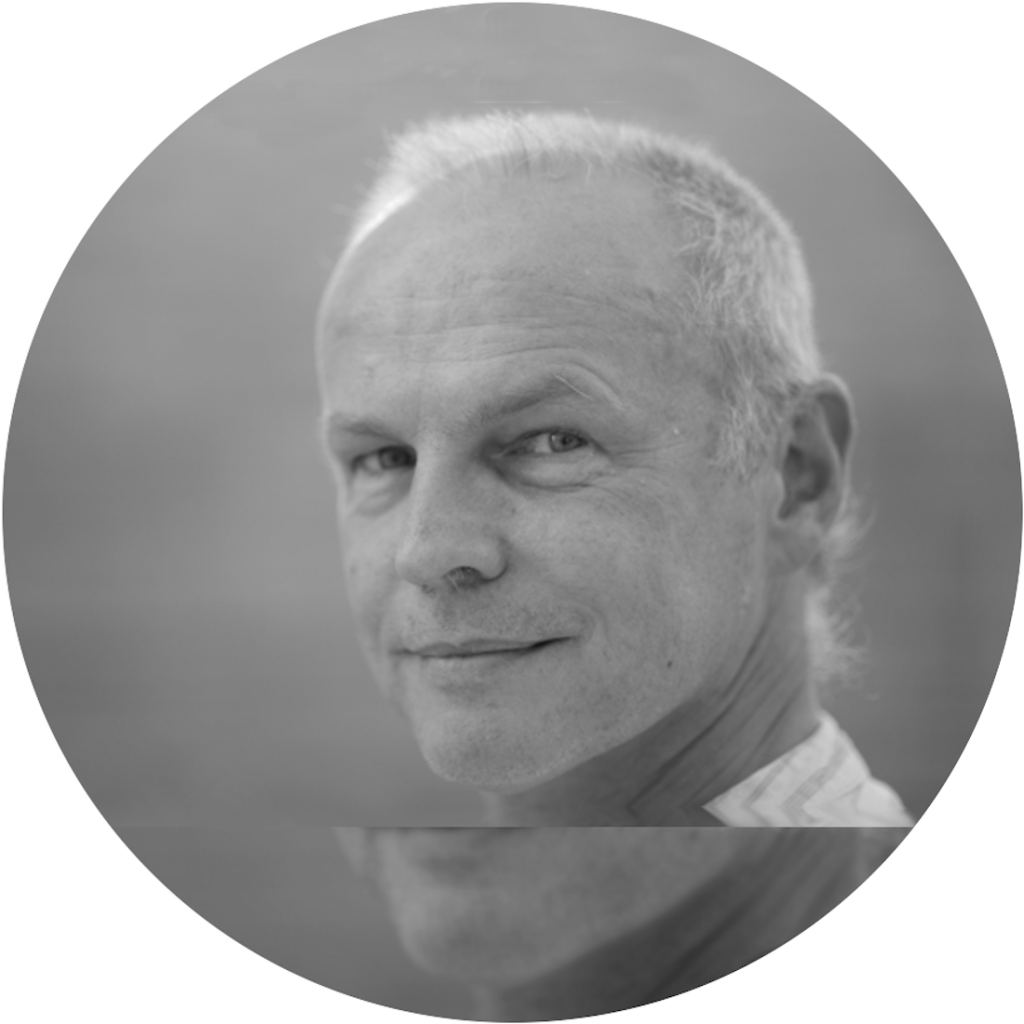

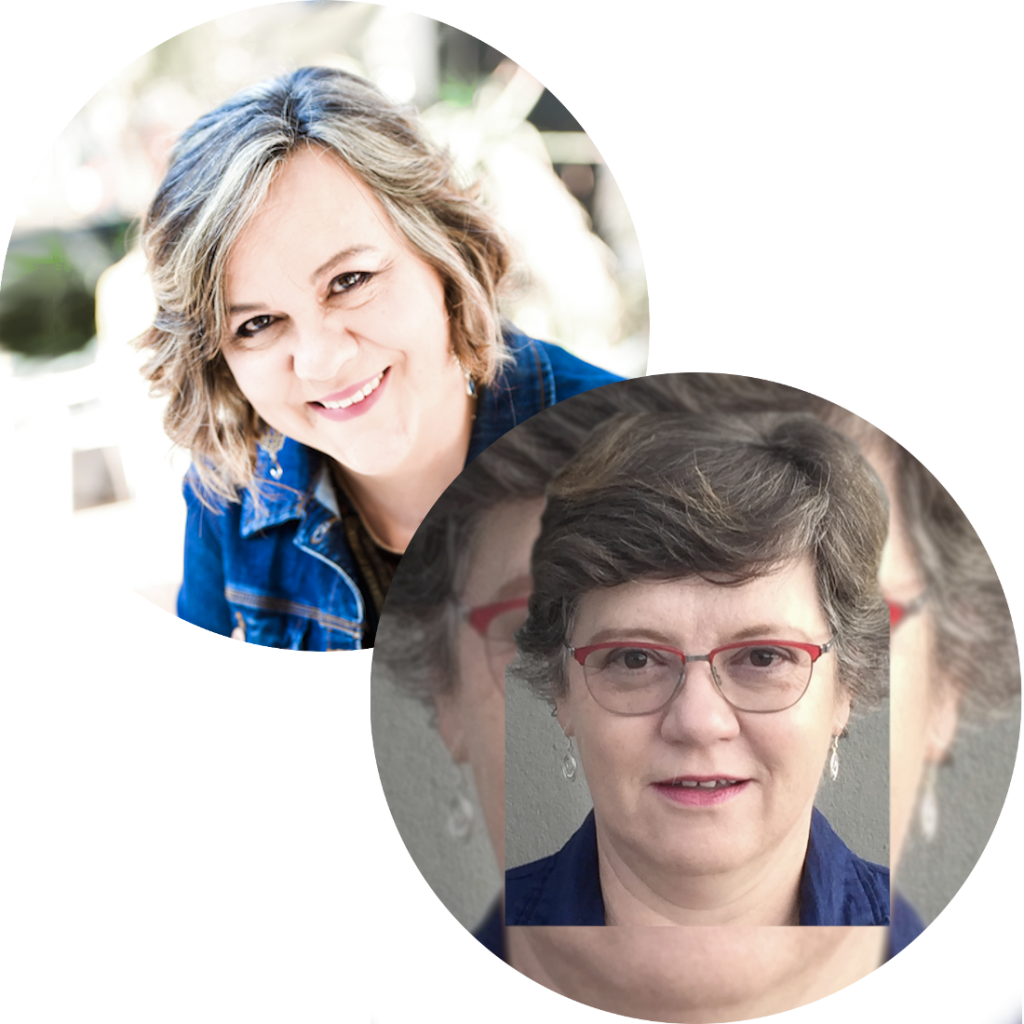



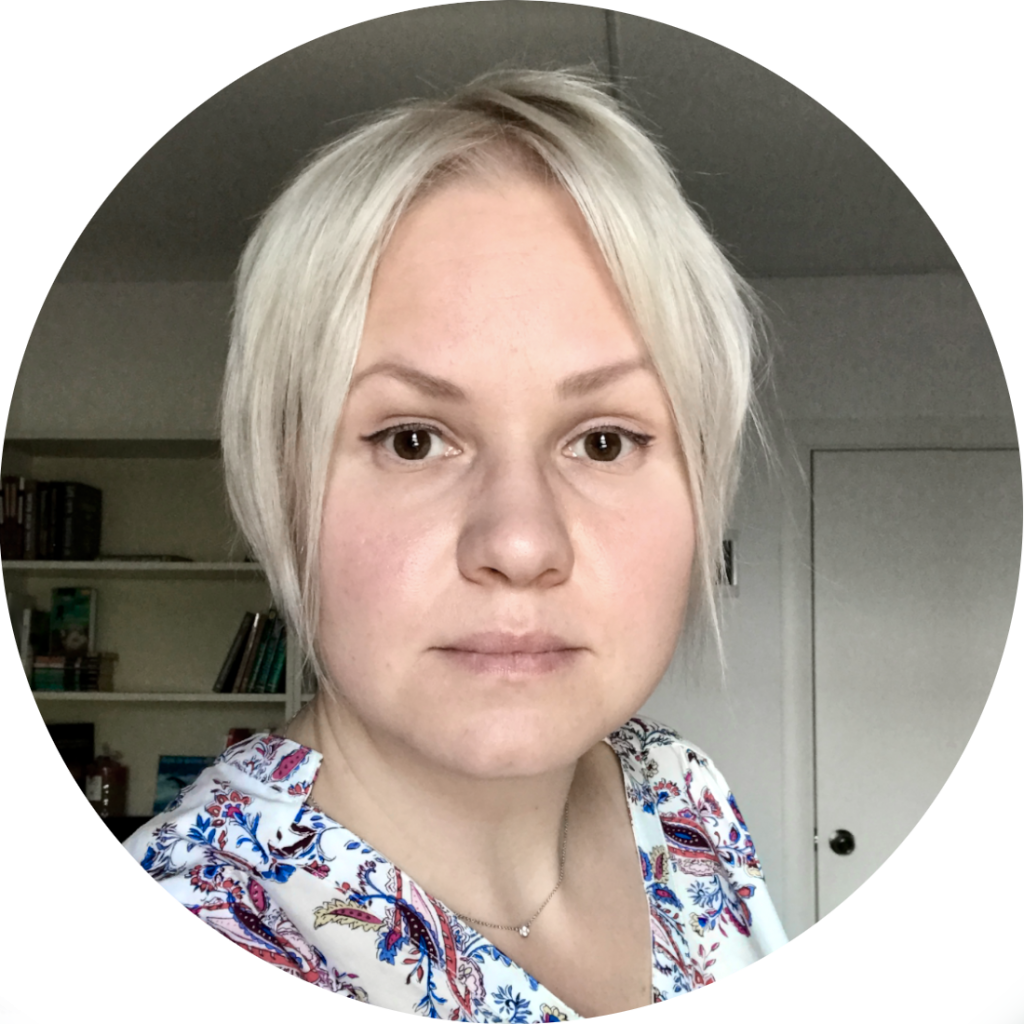




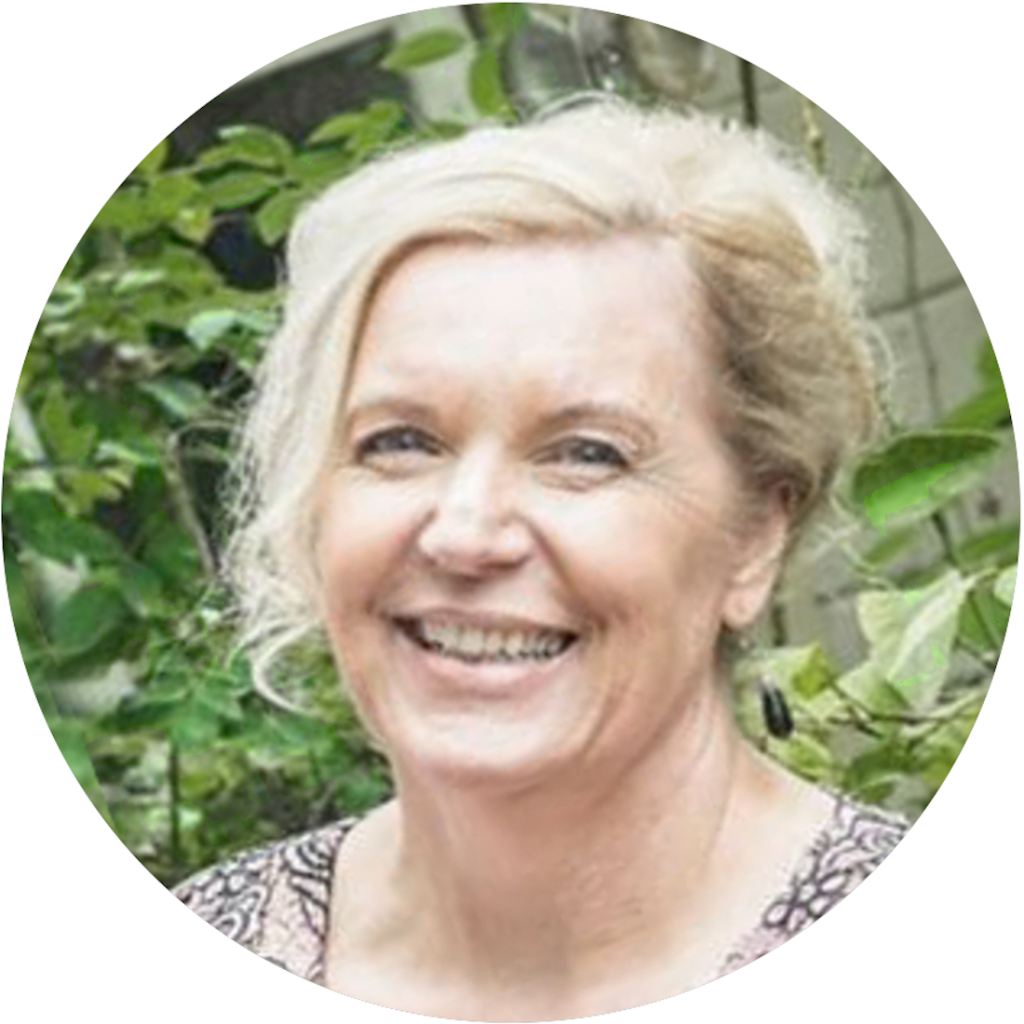

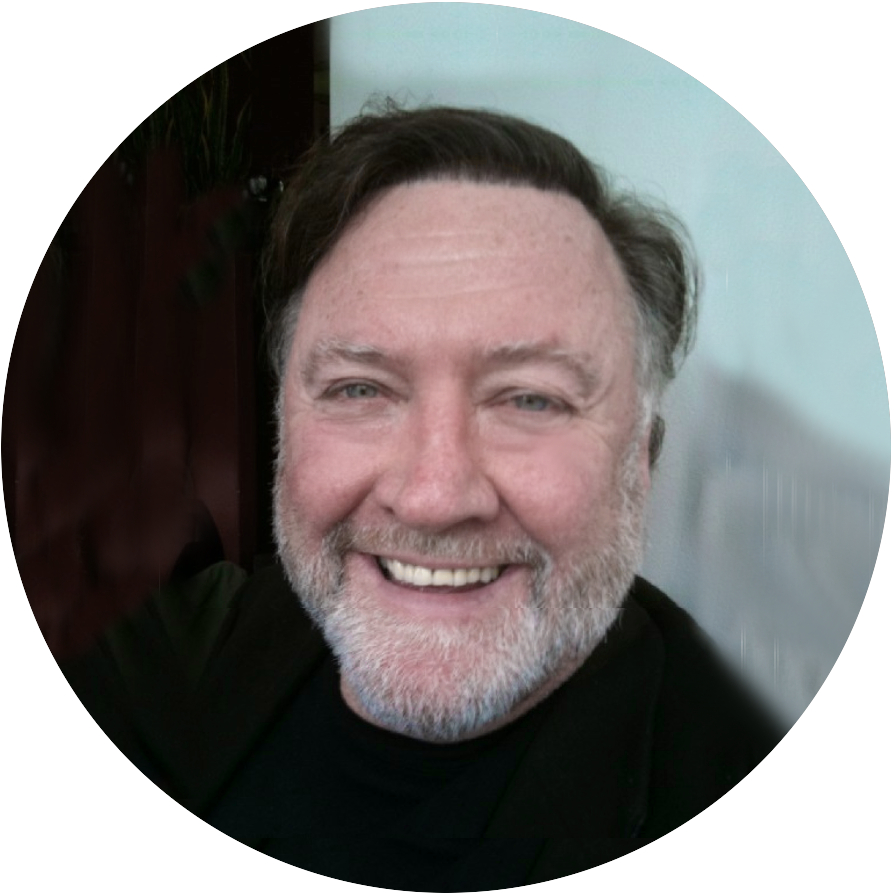

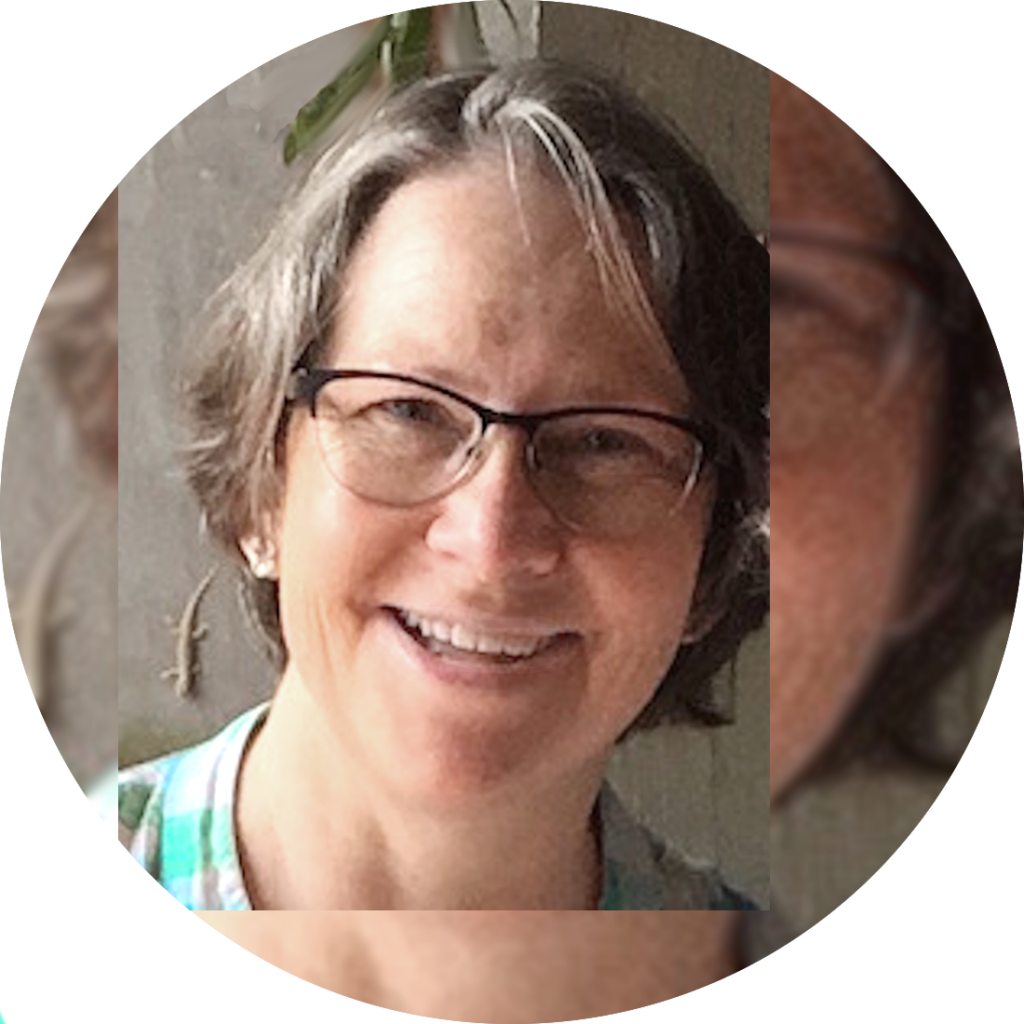




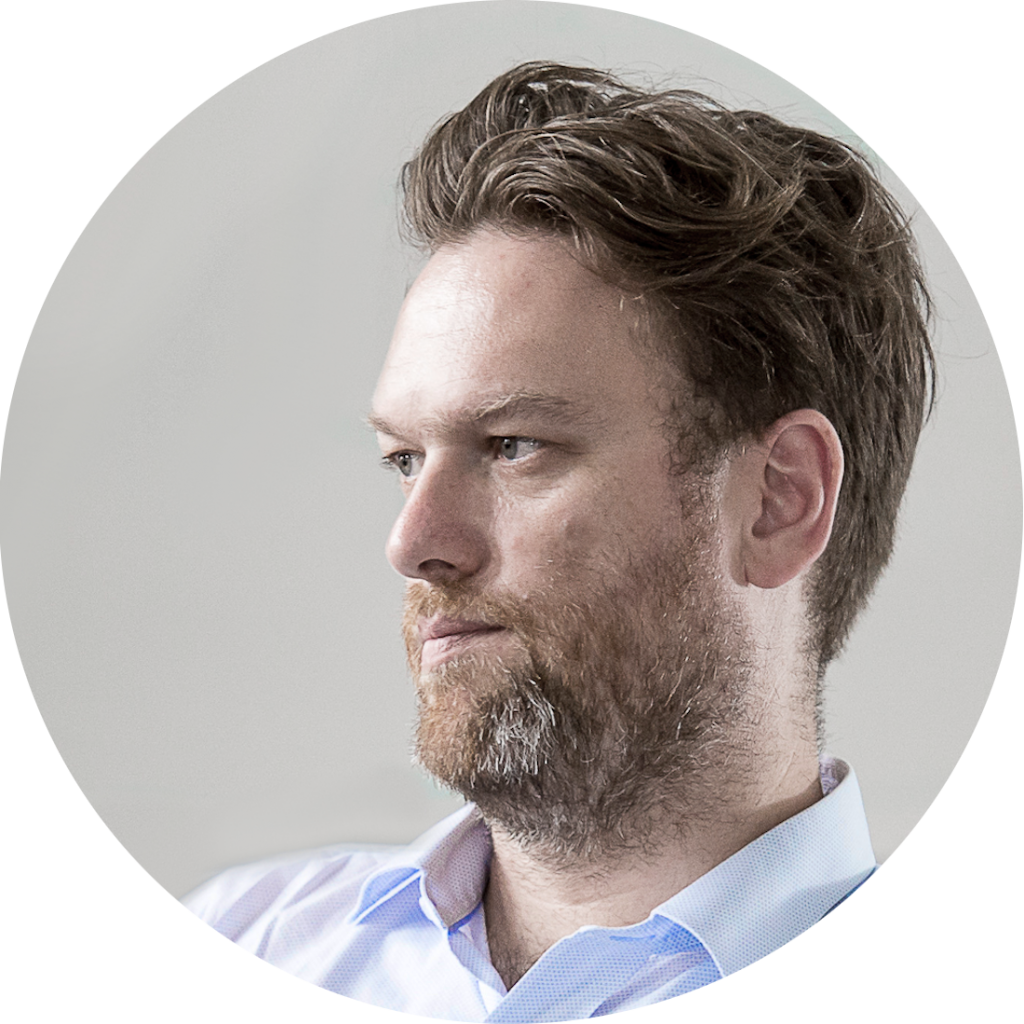



Reflective practice in action with each member of the Symposium Planning Committee raises the highlight of the symposium for them, then small group discussions to discuss highlights of the symposium and what was gained from the papers and presentations attended. Followed by a large group open discussion.
Day(s)
:
Hour(s)
:
Minute(s)
:
Second(s)
NIODA Symposium 2021: Not Knowing and Coming to Know: Methods of inquiry into unconscious (hidden) dynamics in organisations
Wednesday 8 – Friday 10 September 2021
5 pm, 7 pm, 9 am & 11 am 🇨🇰 Melbourne
8 am, 10 am, 12 am & 2 am 🇬🇧 London
3 am, 5 am, 7 pm & 9 pm 🇺🇸 New York
3 pm, 5 pm, 7 am & 9 am 🇸🇬 Singapore
AUD $250 including; panel discussions, keynote, parallel paper
presentations & access to the recordings of all sessions
Live interactive online sessions via Zoom
The proceedings and papers from this event can be read by clicking the link below
The National Institute of Organisation Dynamics Australia (NIODA) offers internationally renowned post-graduate education and research in organisation dynamics, and decades of experience consulting with Australian organisations.
The study of organisation dynamics brings together socio-technical and psychoanalytic disciplines to explore the unconscious dynamics that exist in every group, team or organisation. Learning more about these theories, and reflecting on the experience of them, can support leaders and managers to unlock great potential in their organisations, tackling issues through a whole new light.
PO box 287, Collins Street West,
Melbourne 8007 Australia
+61 414 529 867
info@nioda.org.au
This Get In Touch form is protected by reCAPTCHA and the Google Privacy Policy and Terms of Service apply.